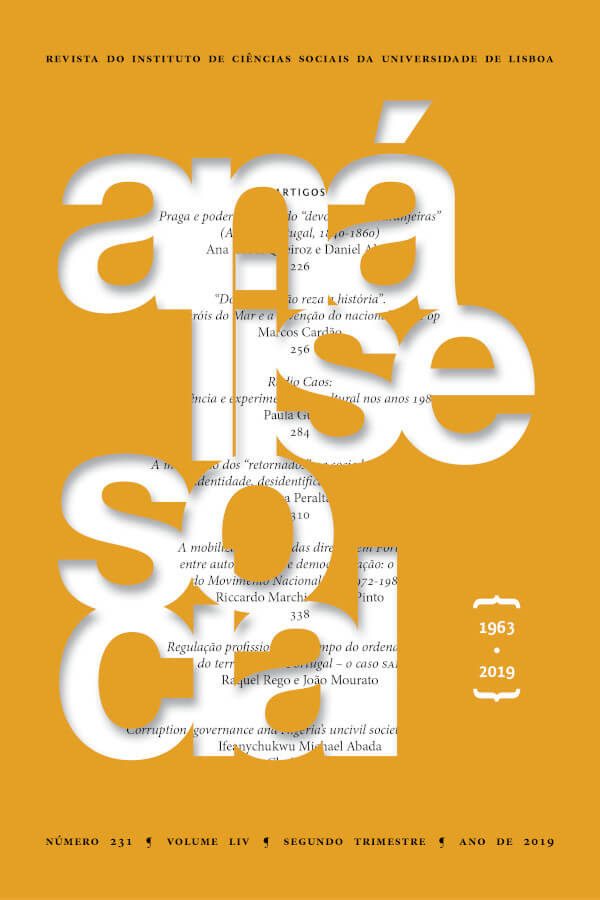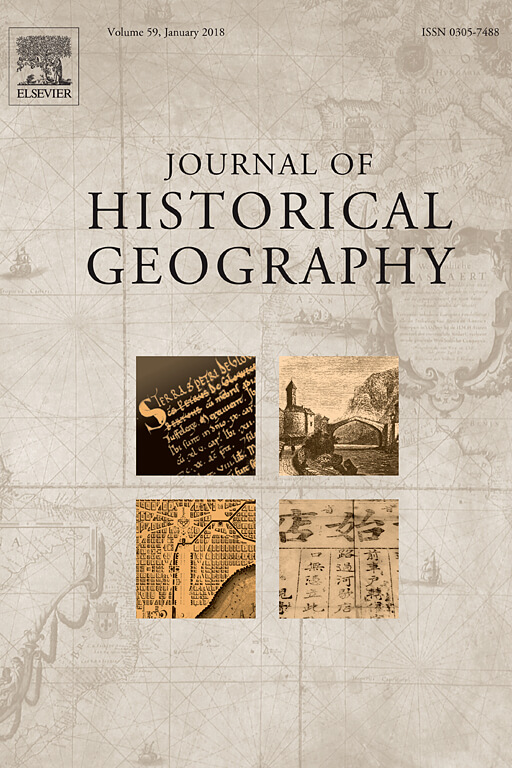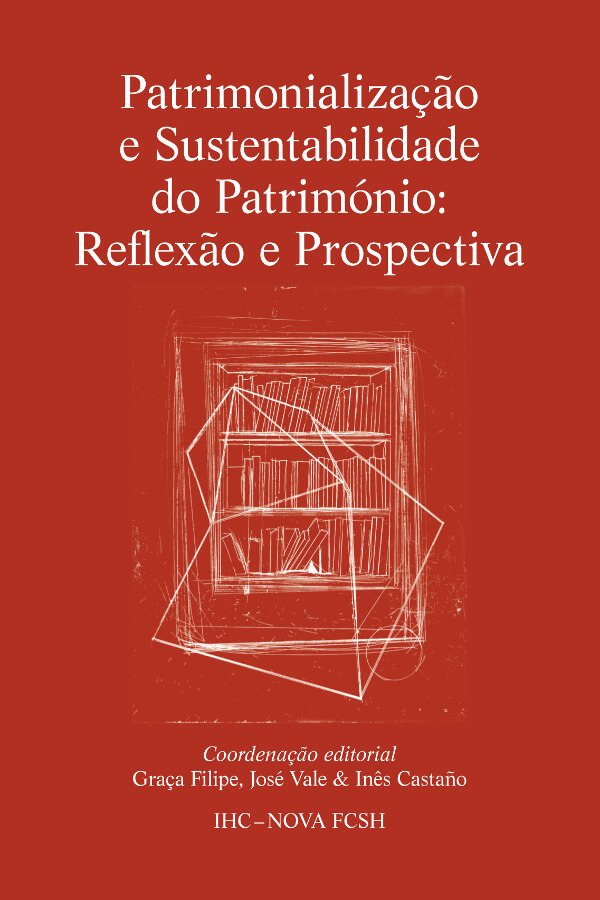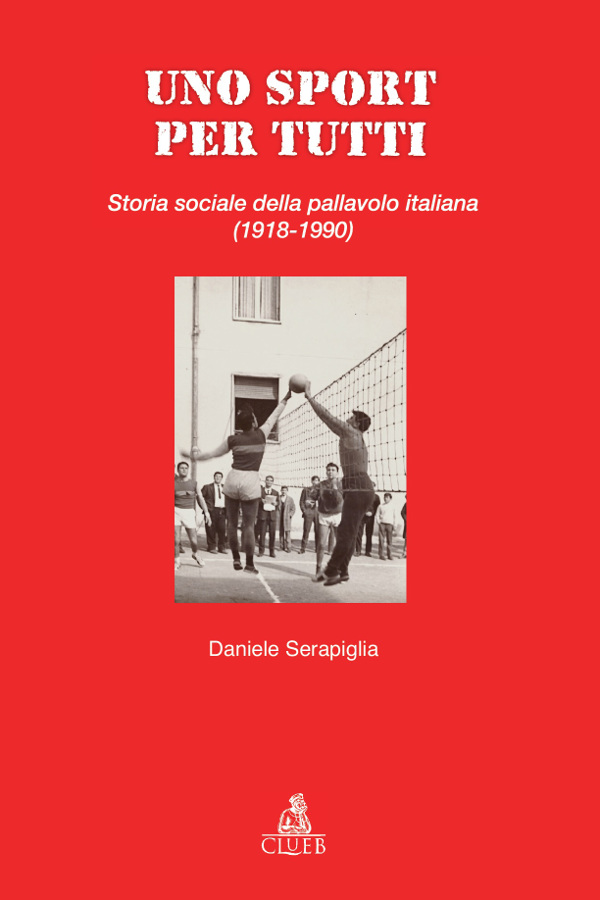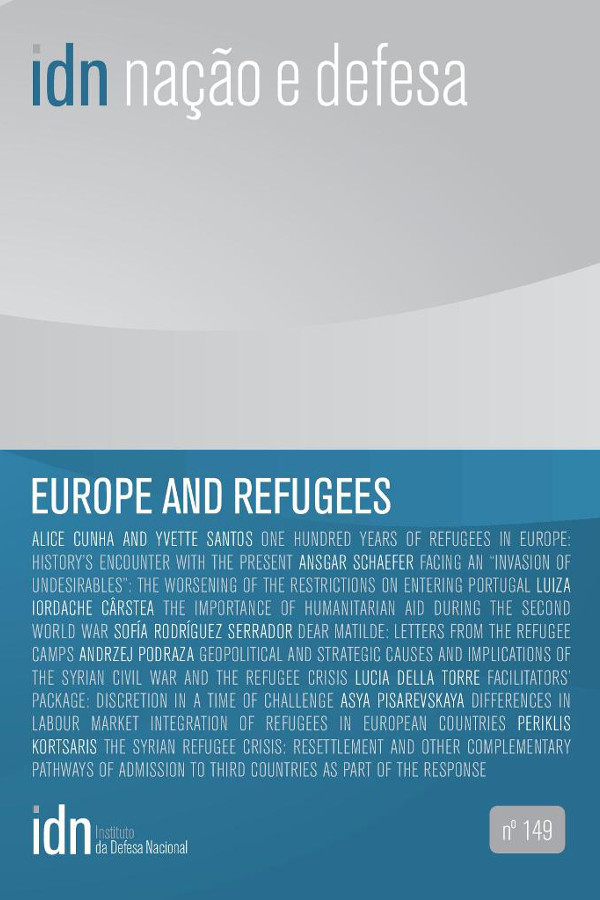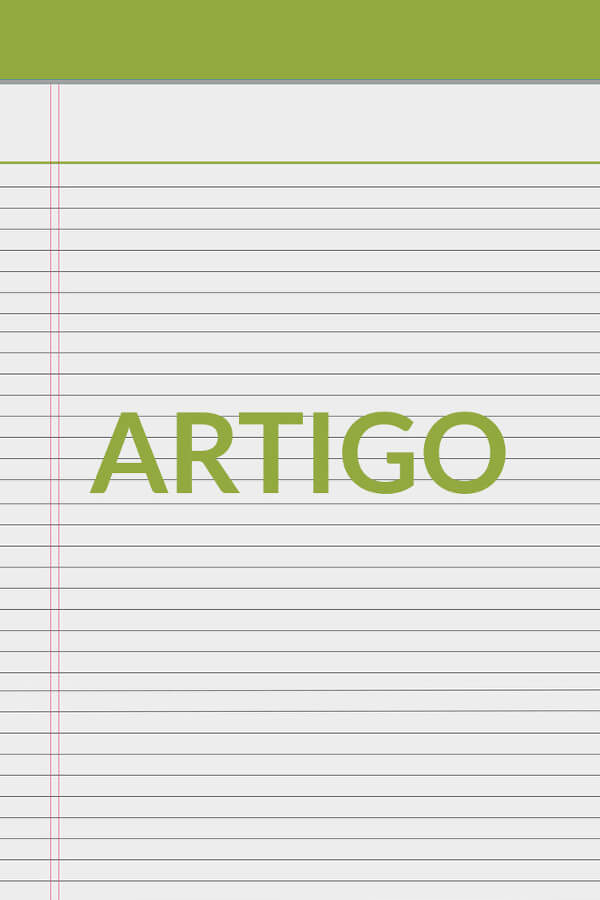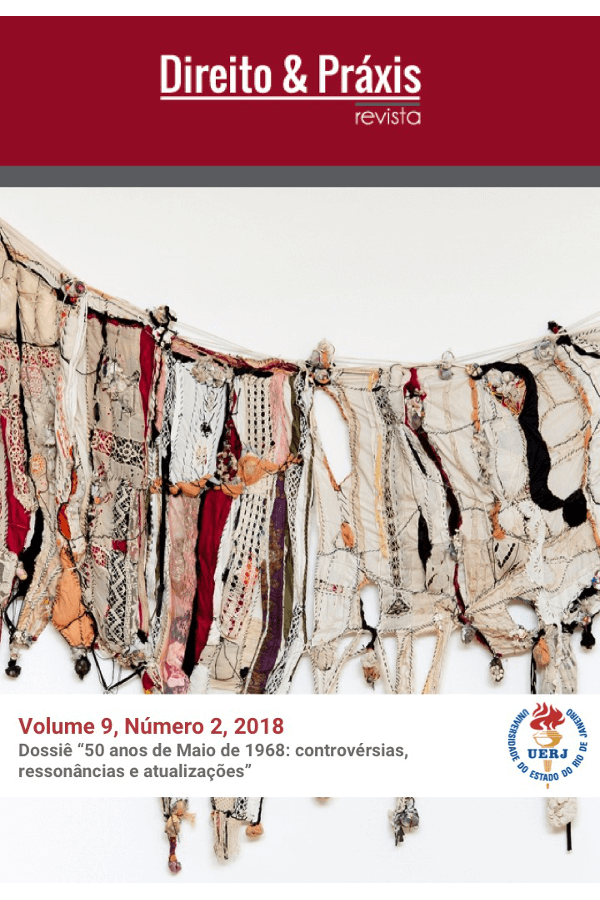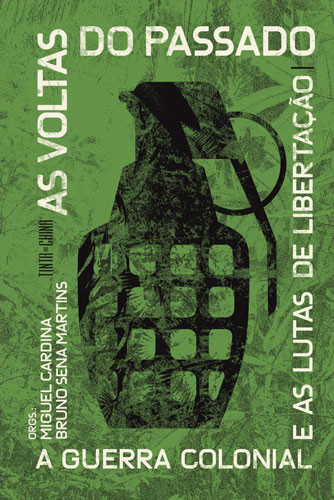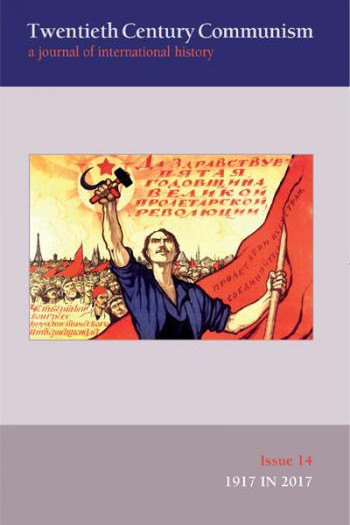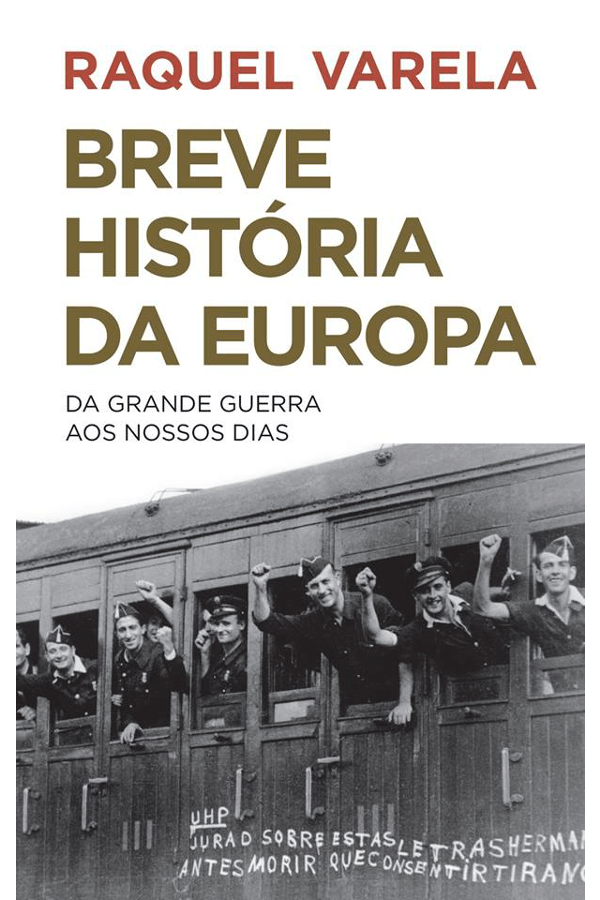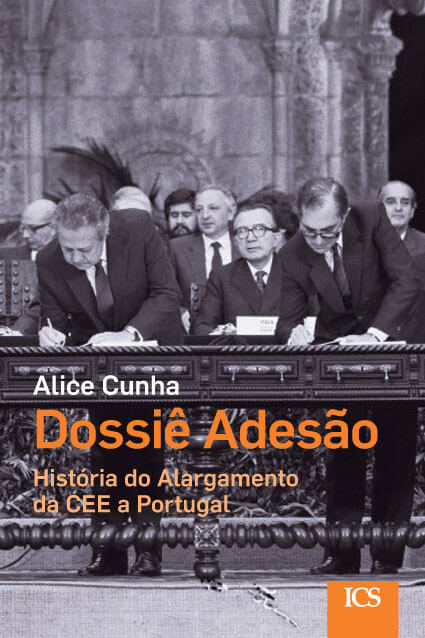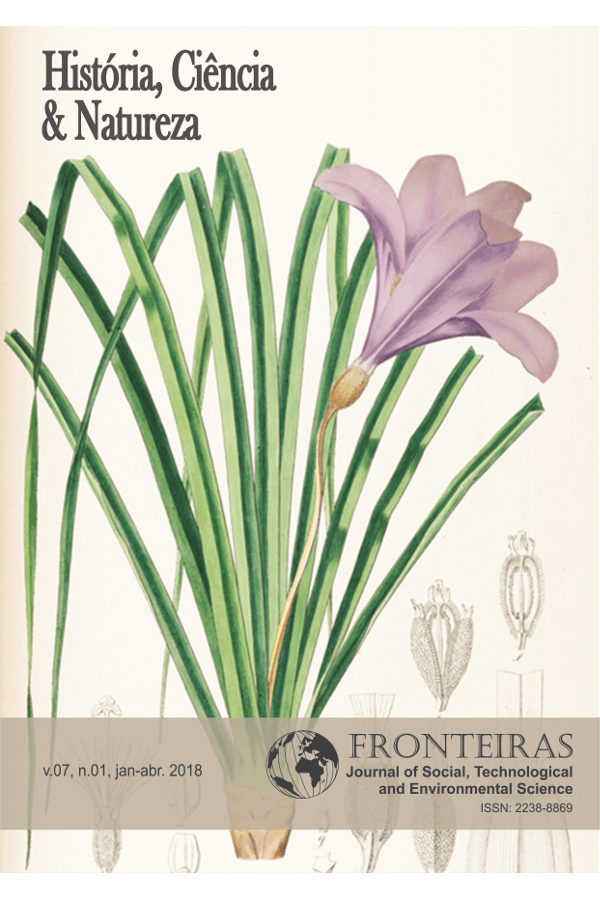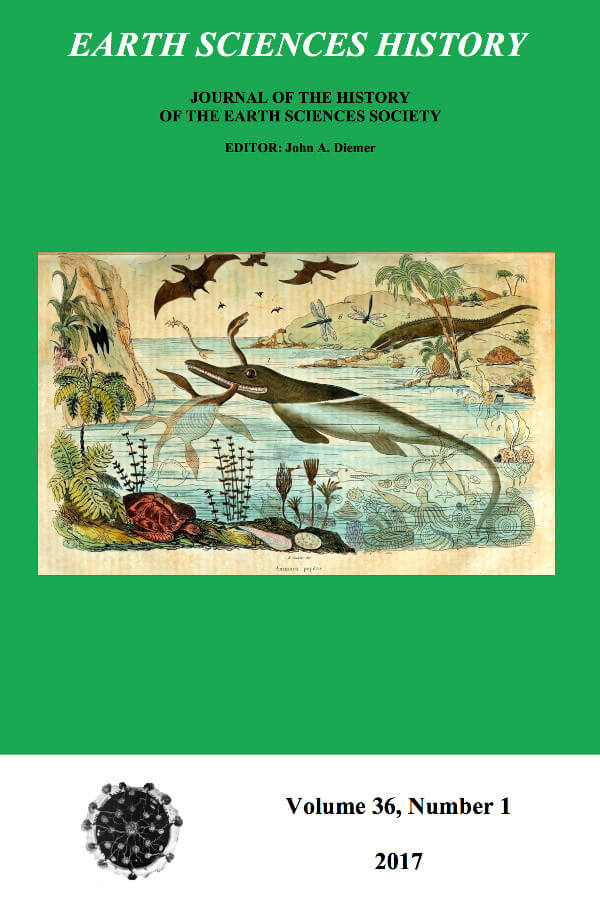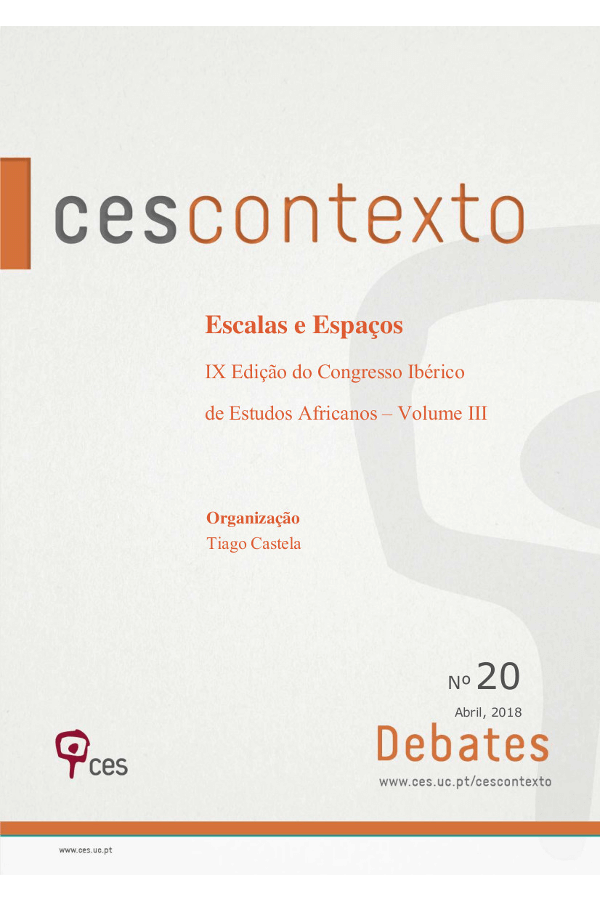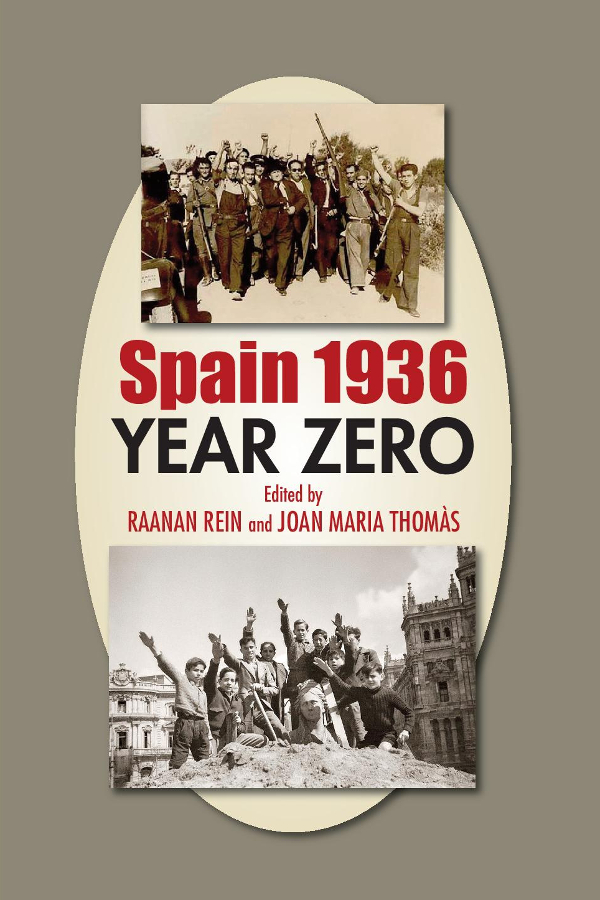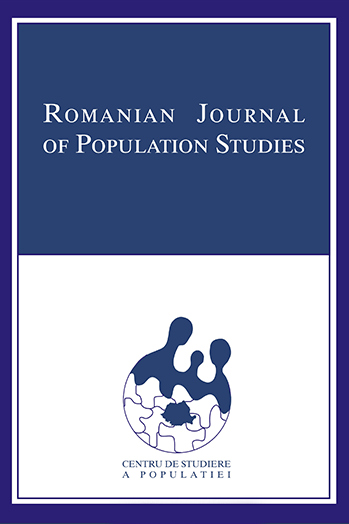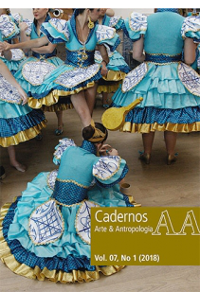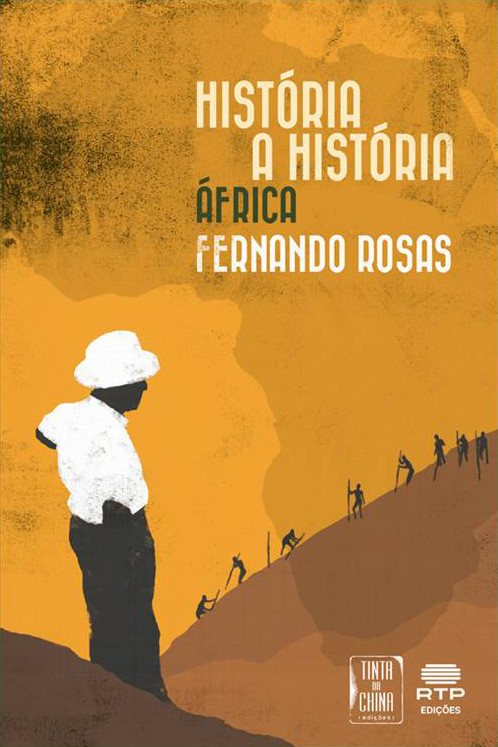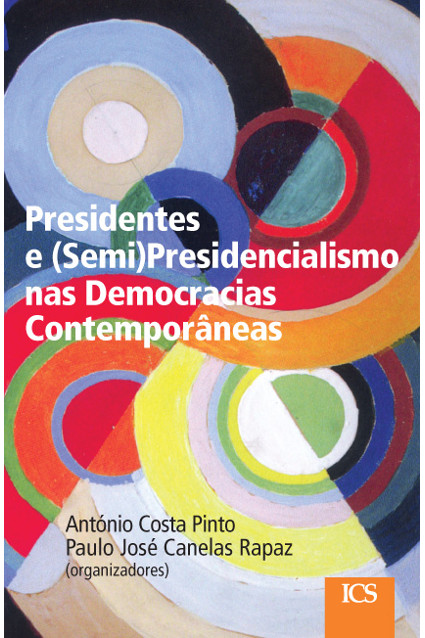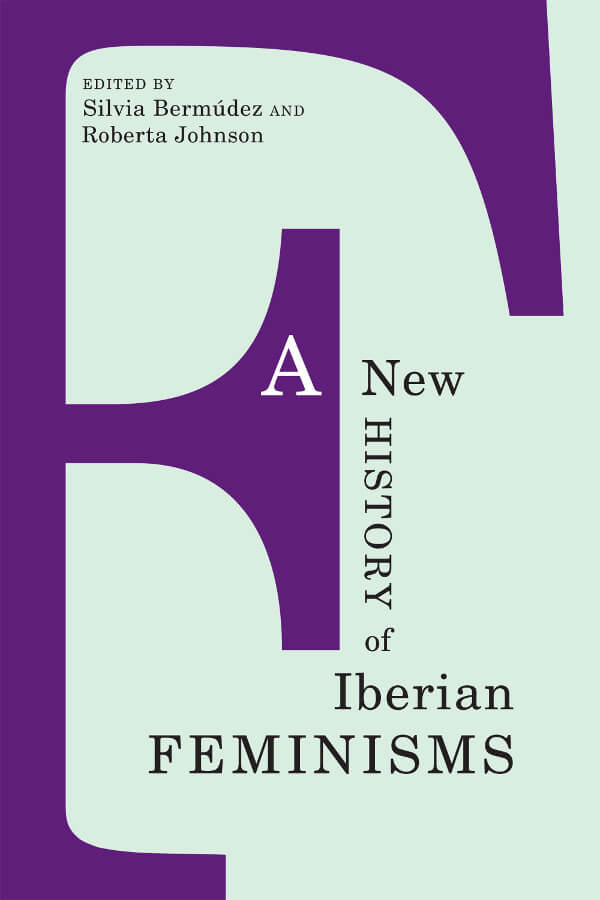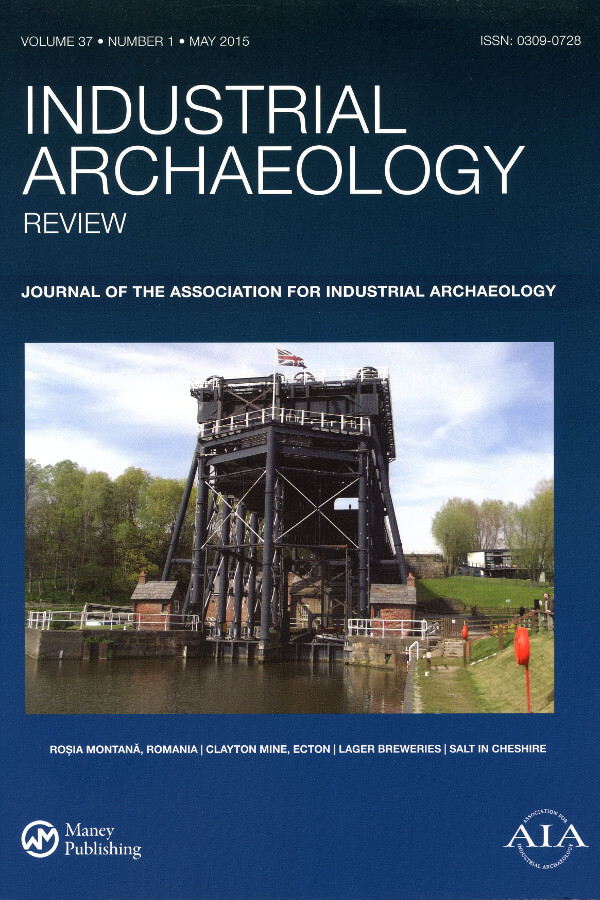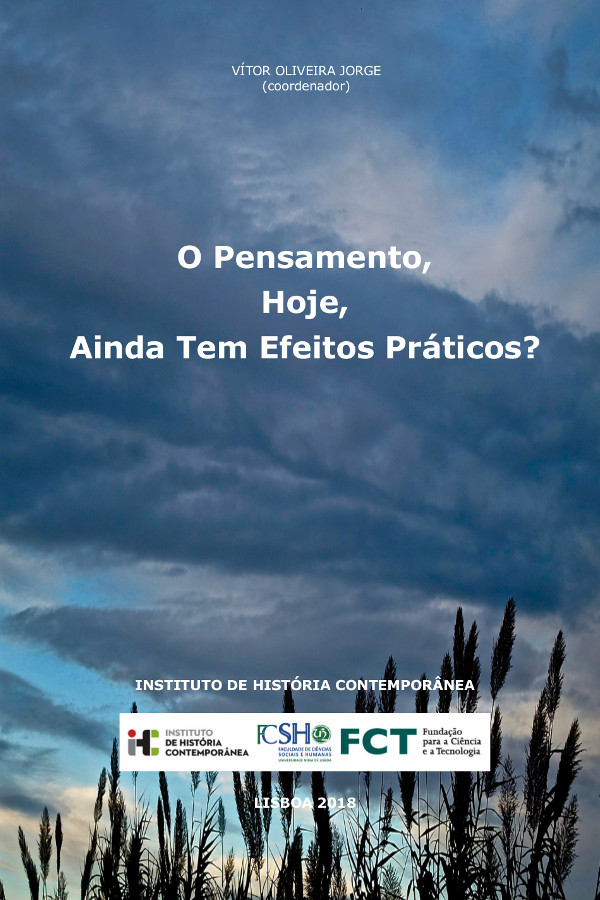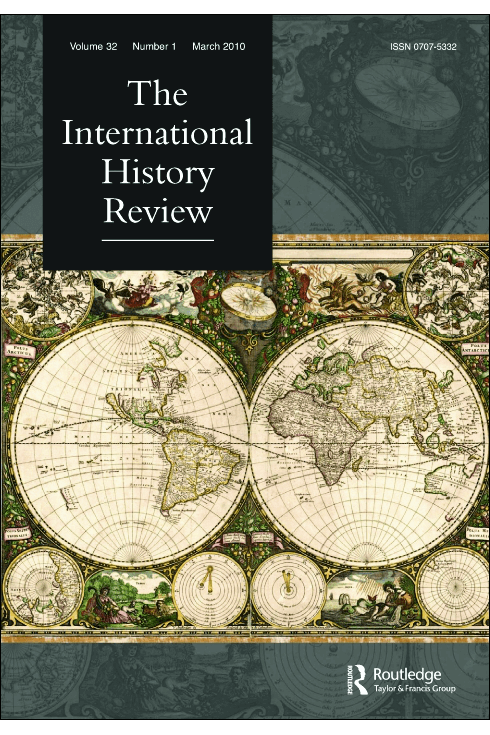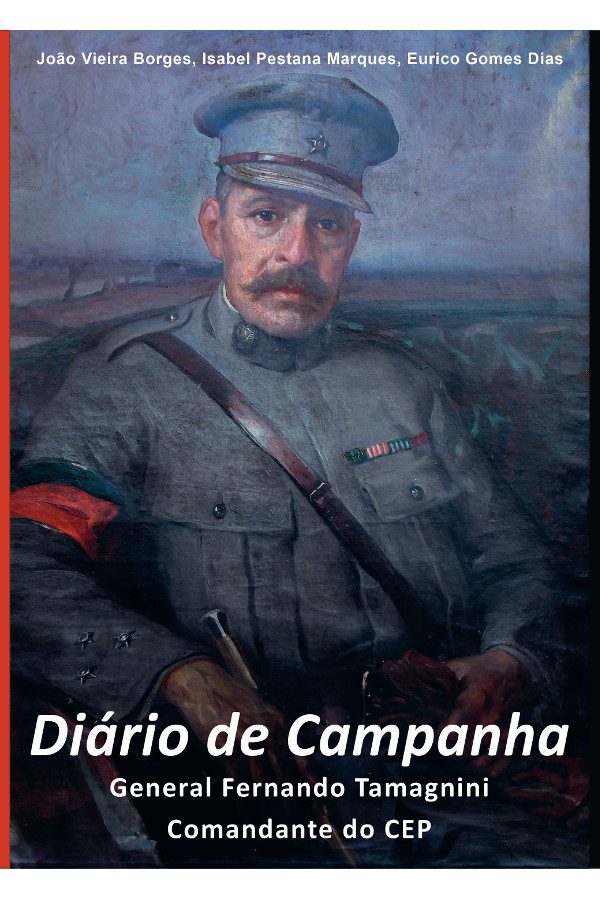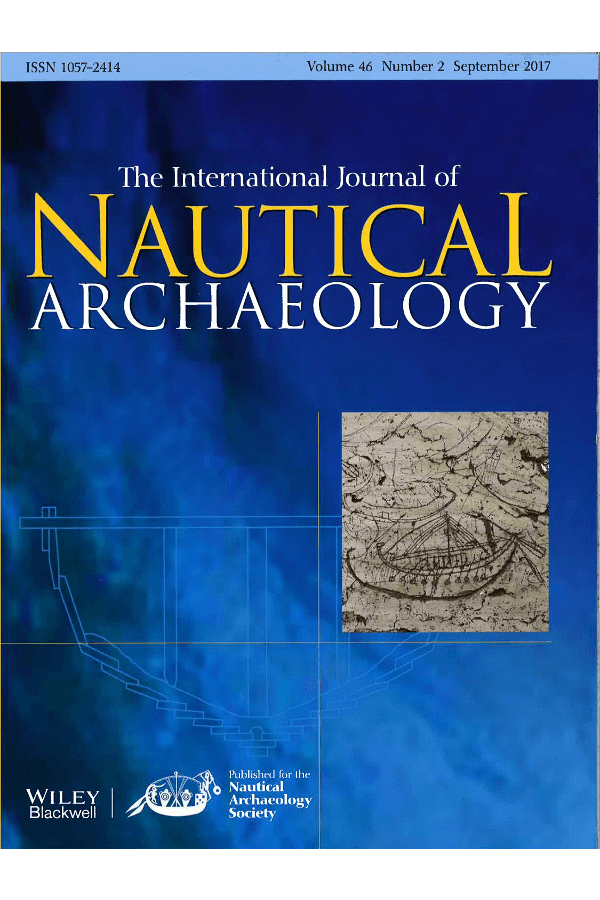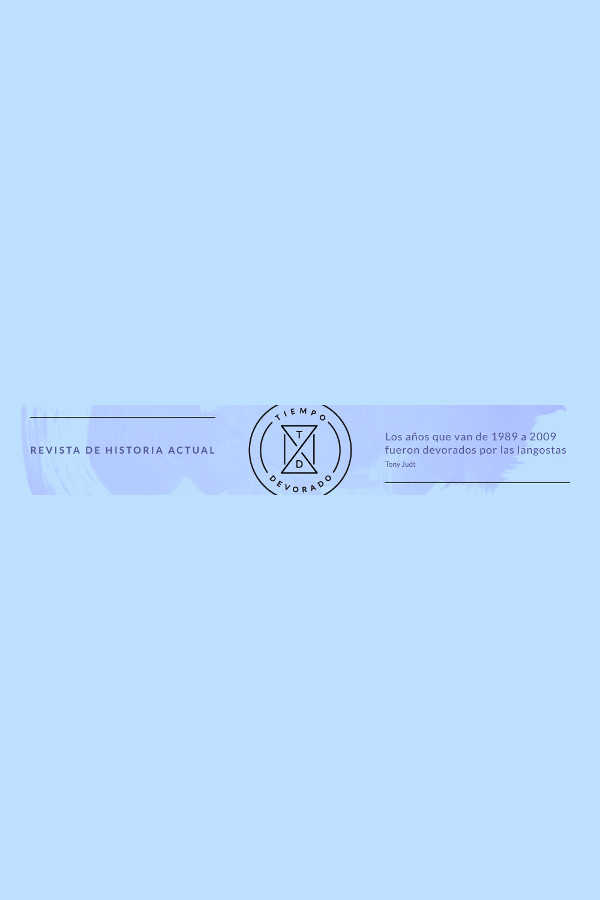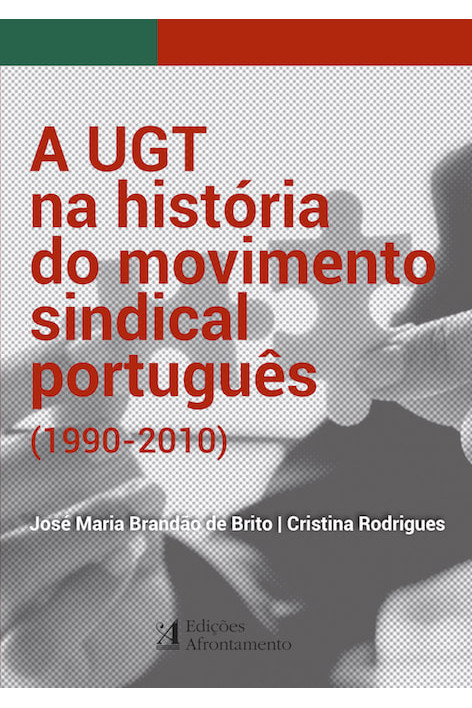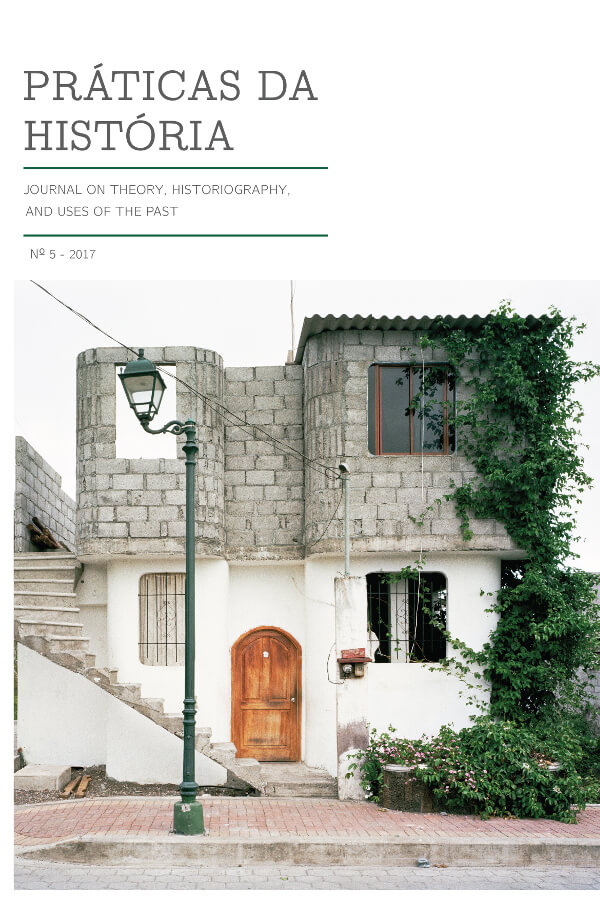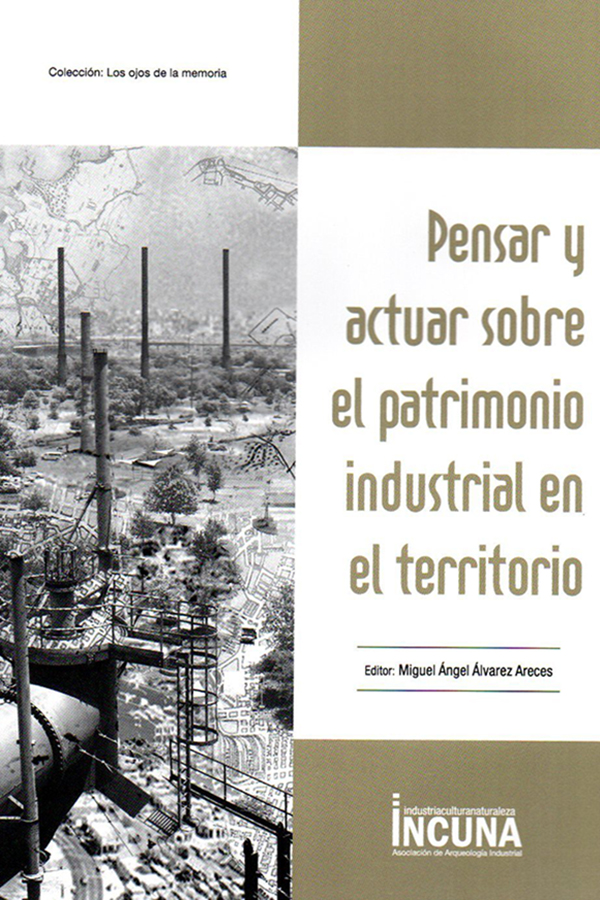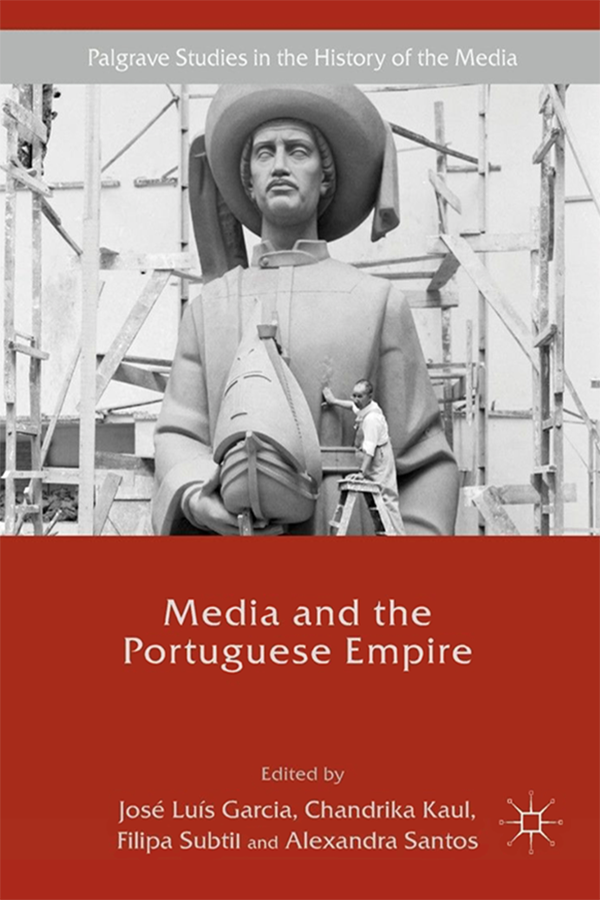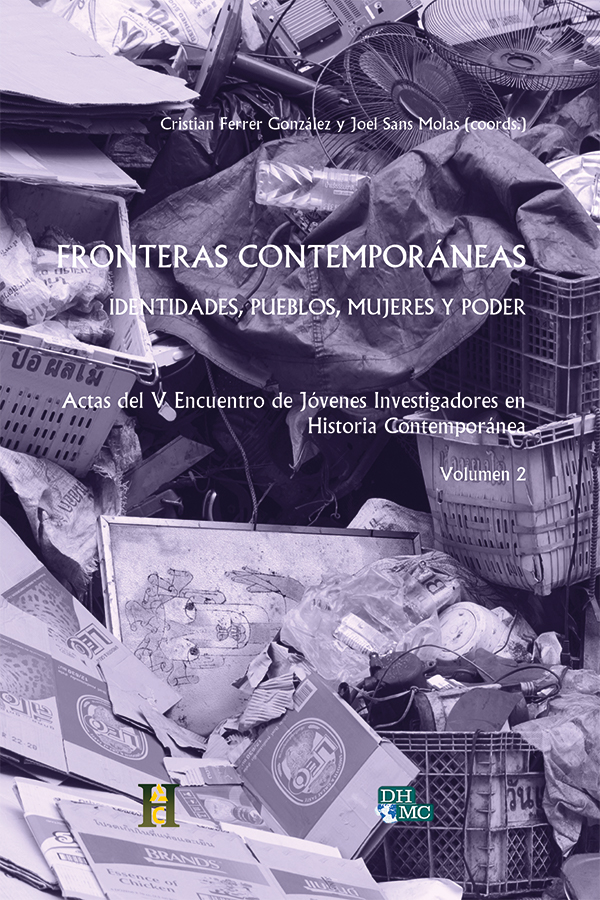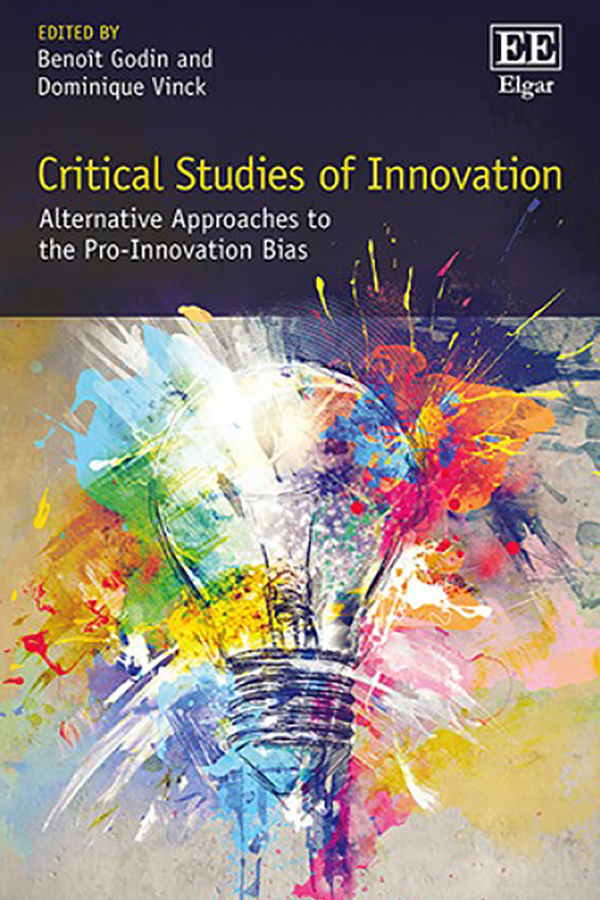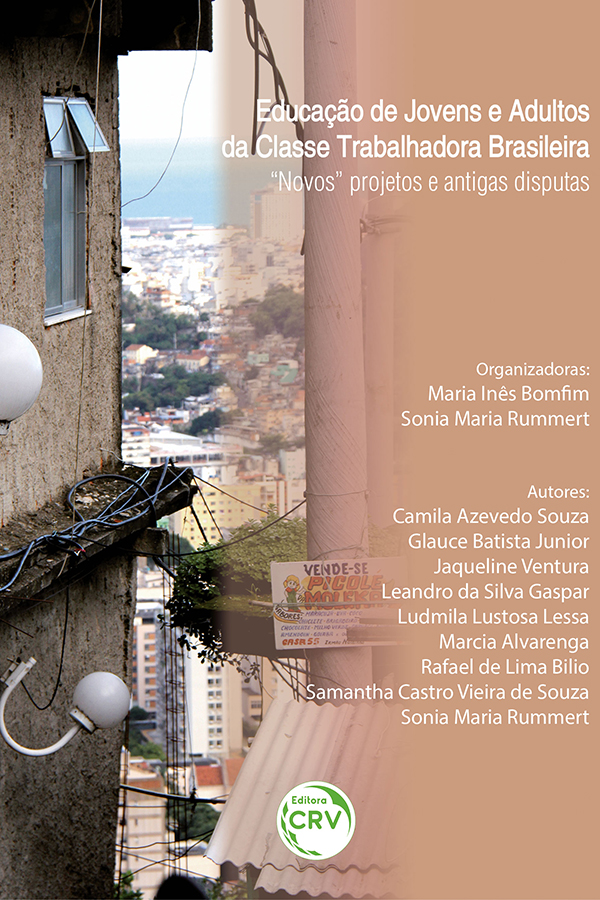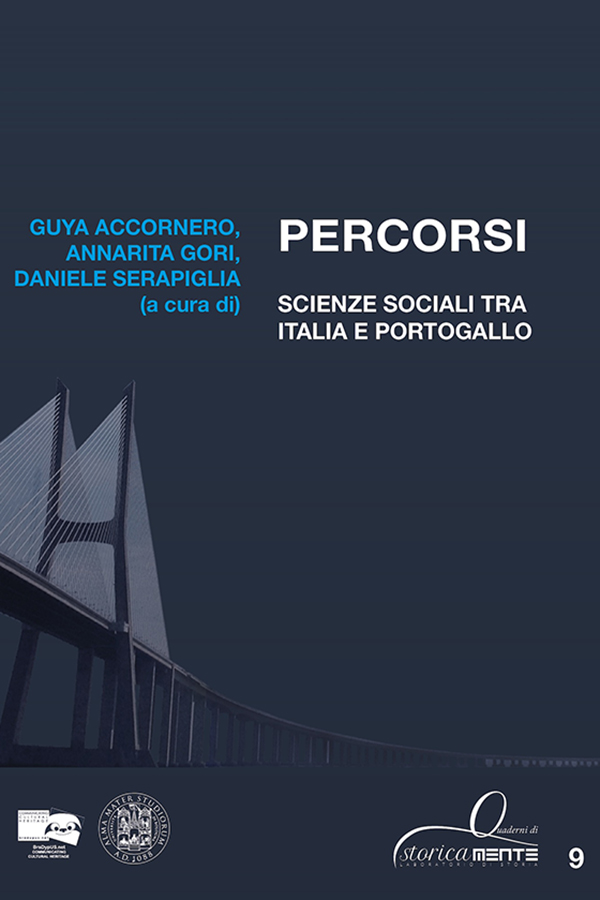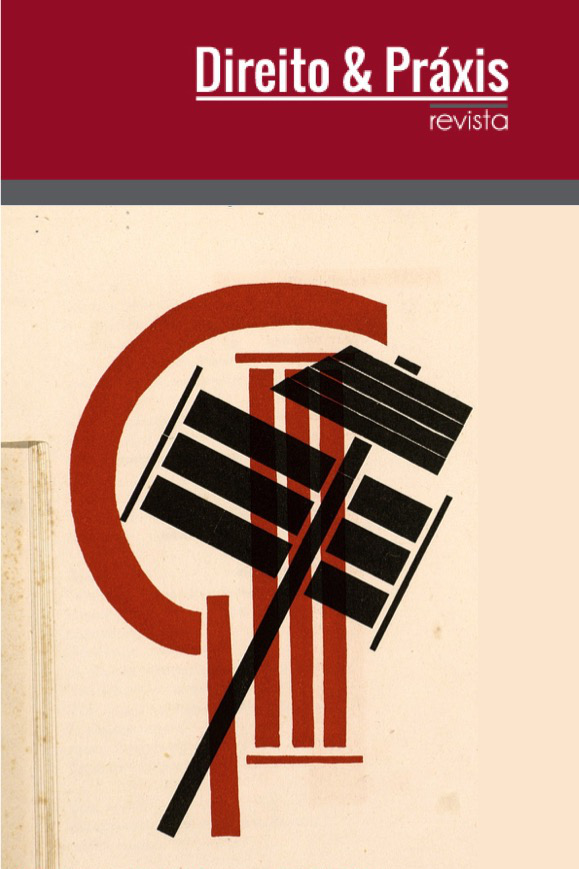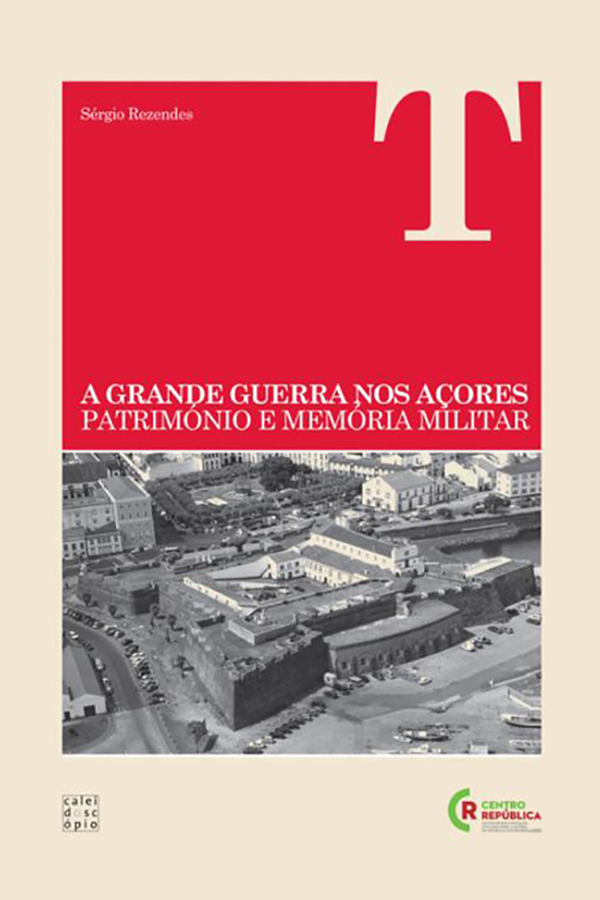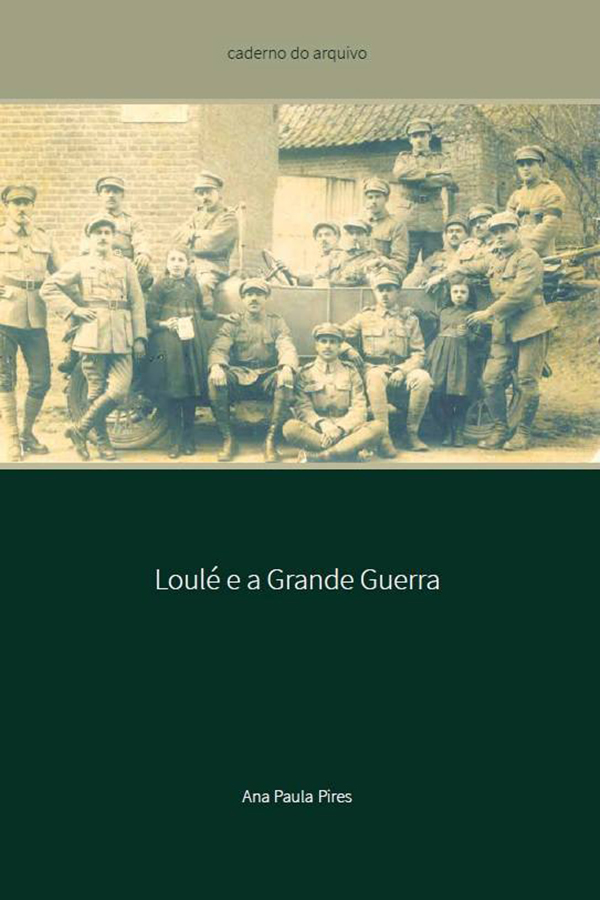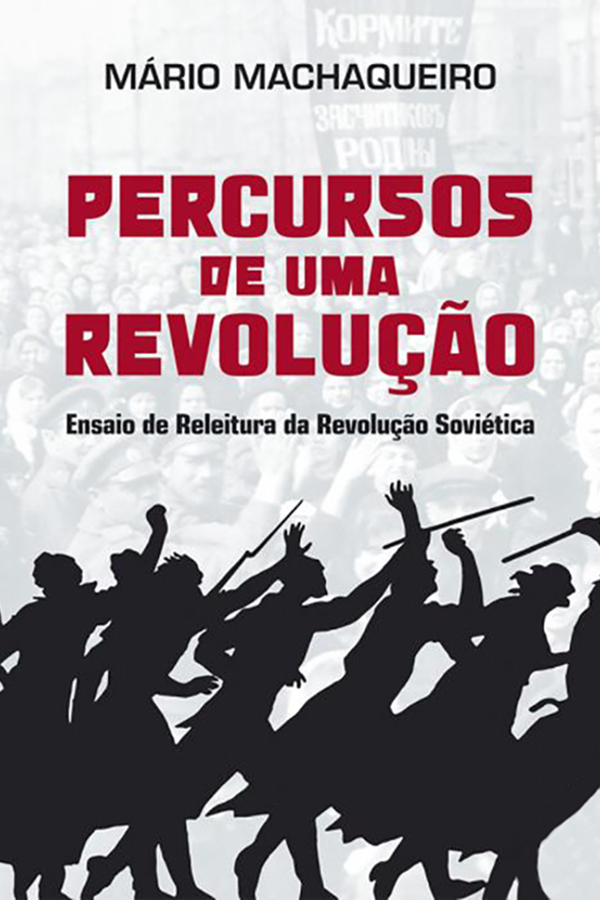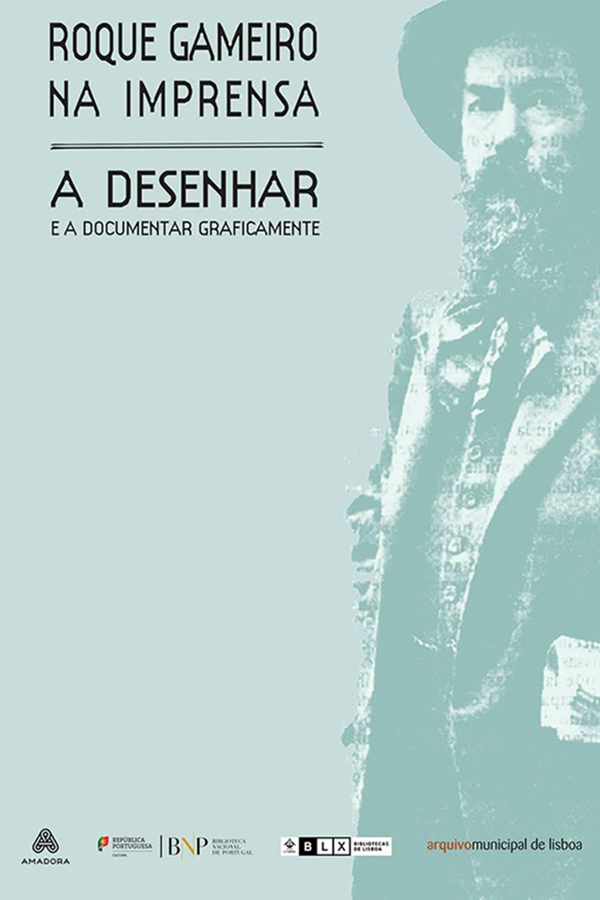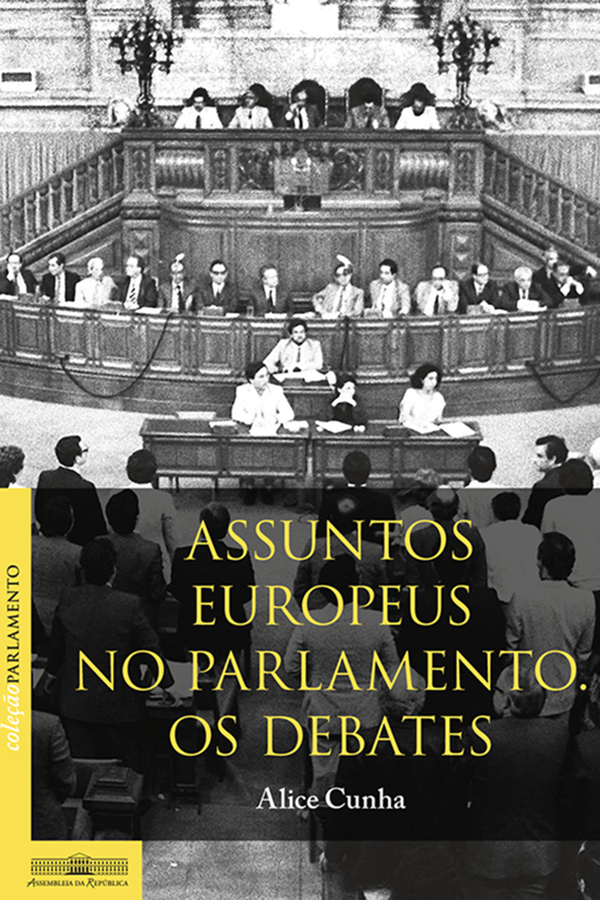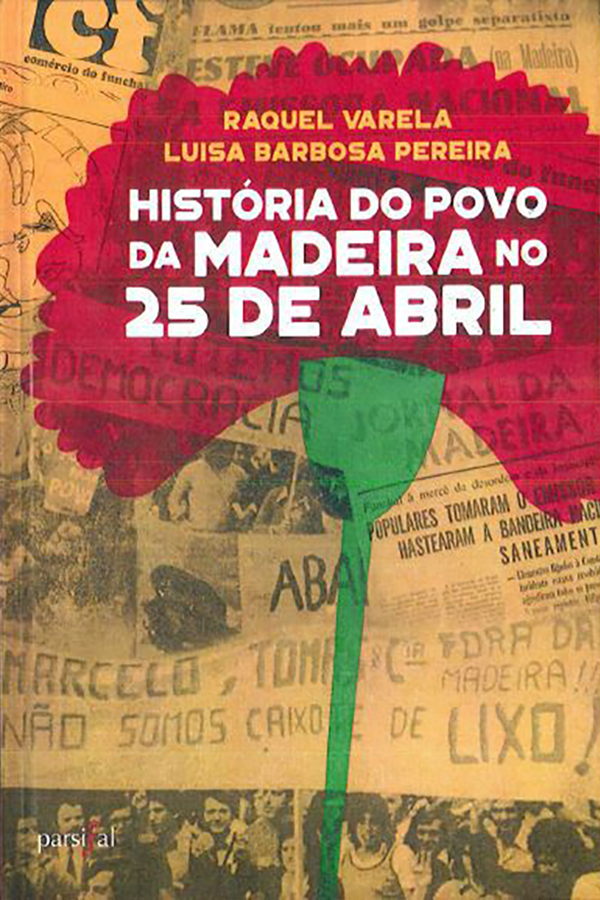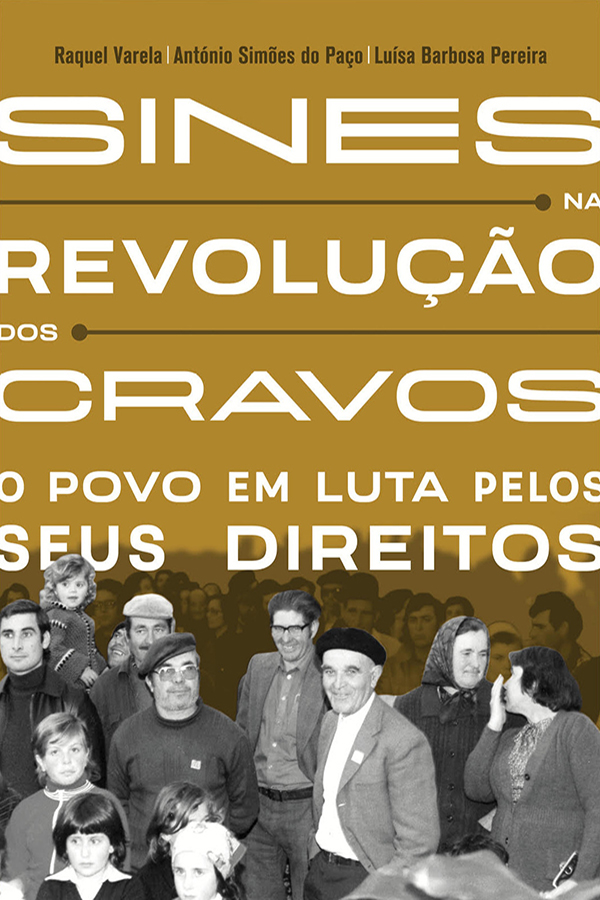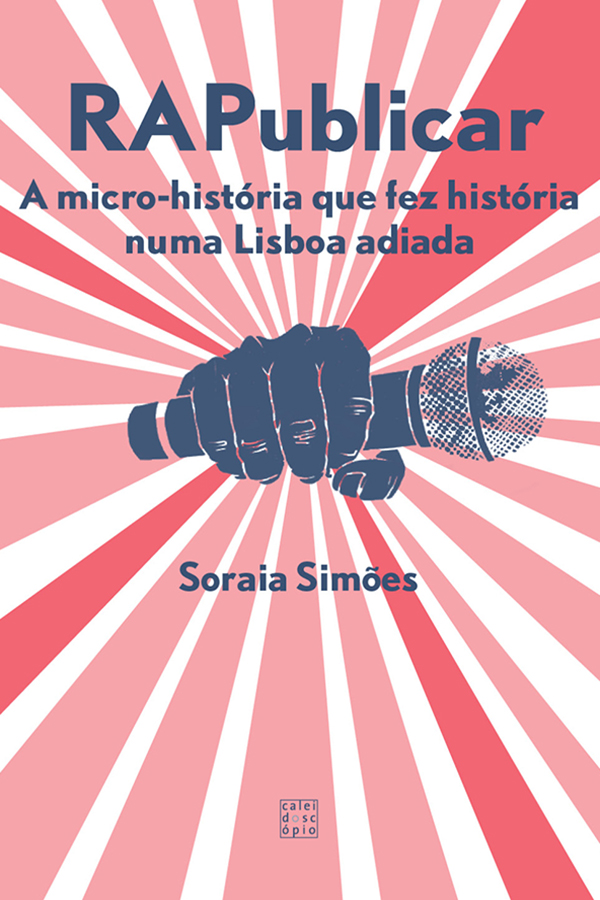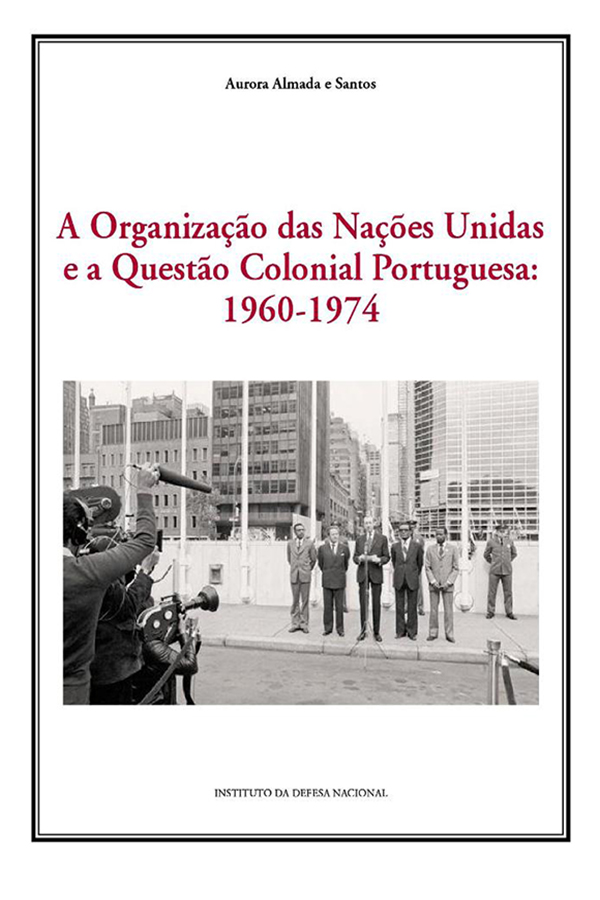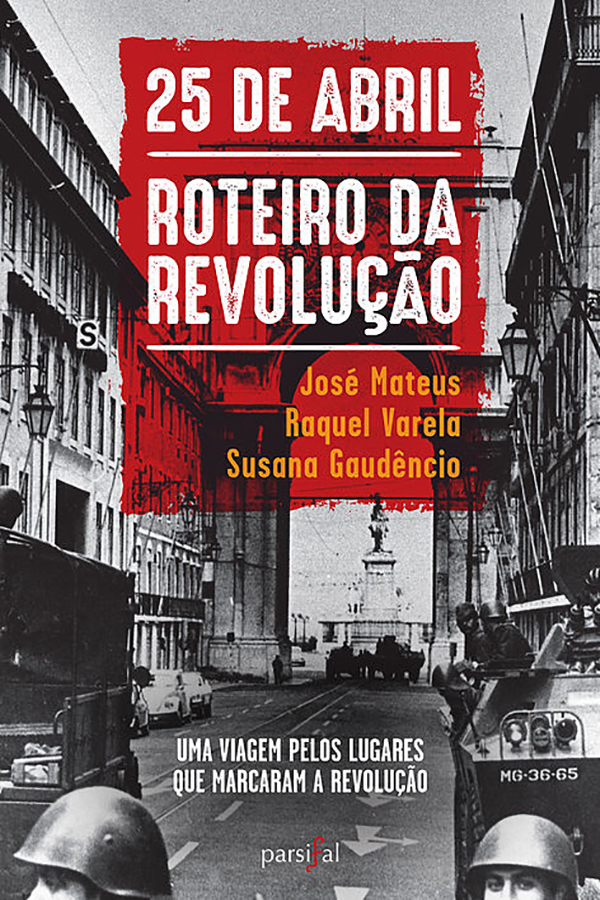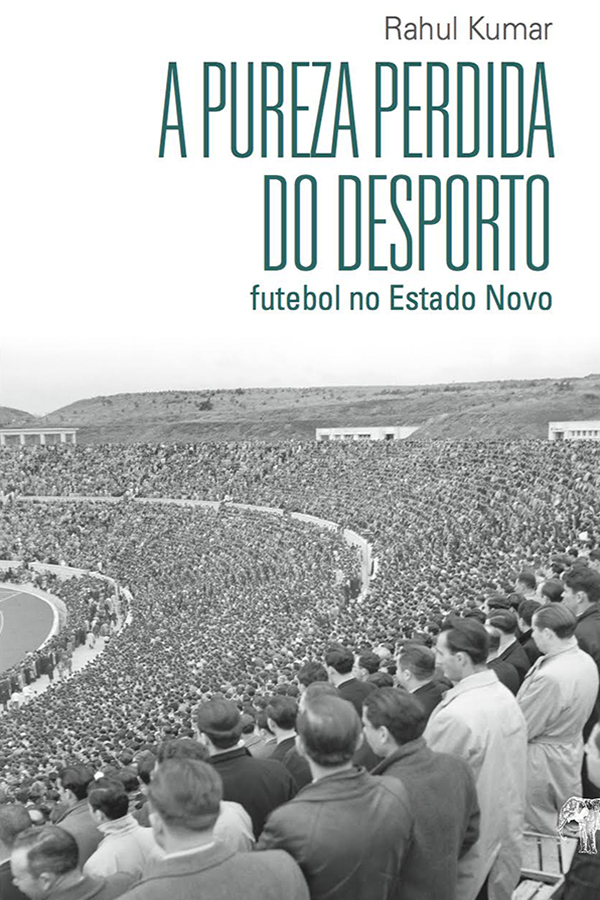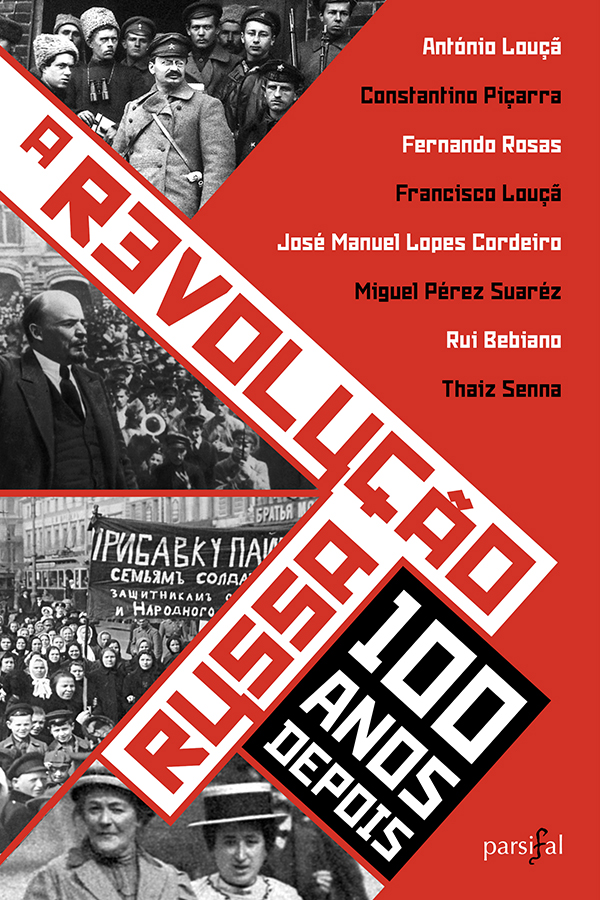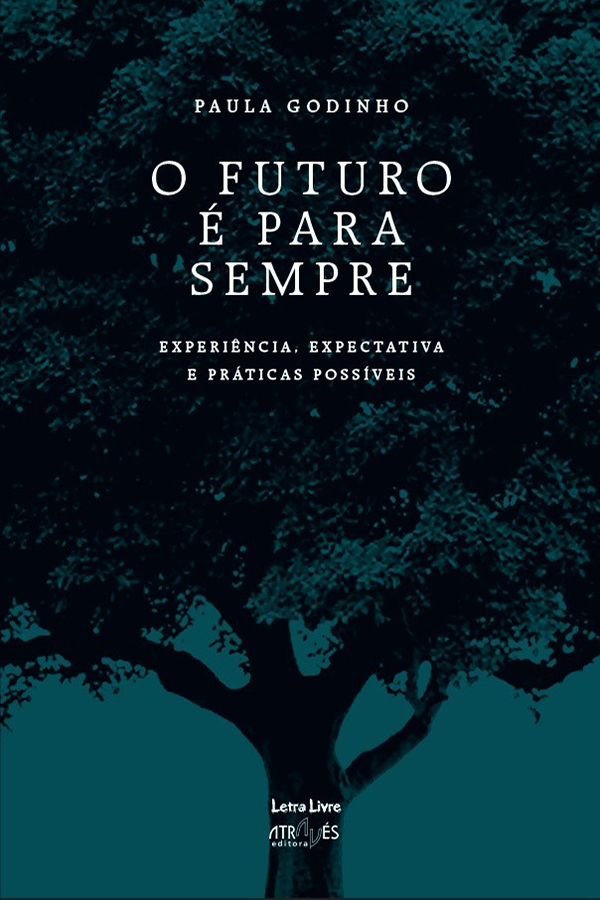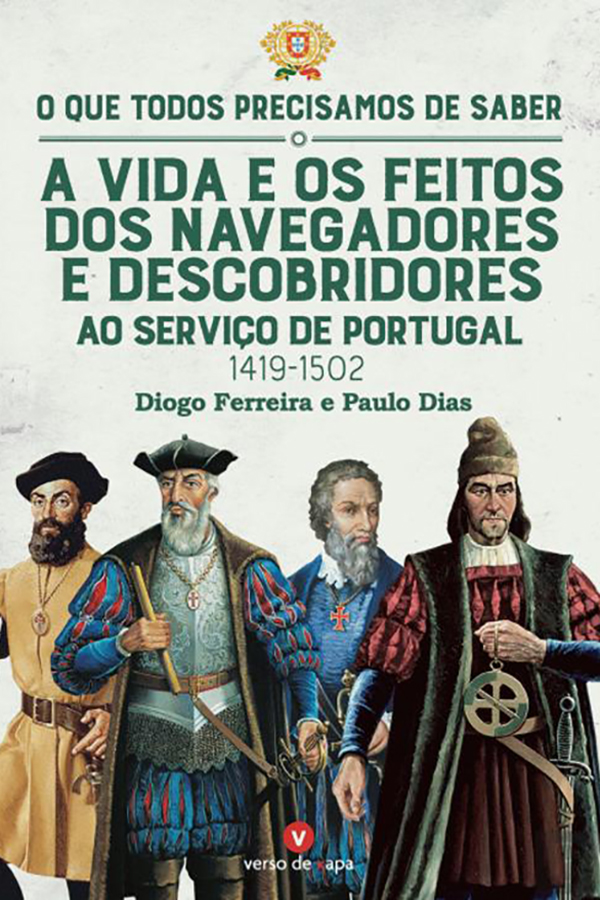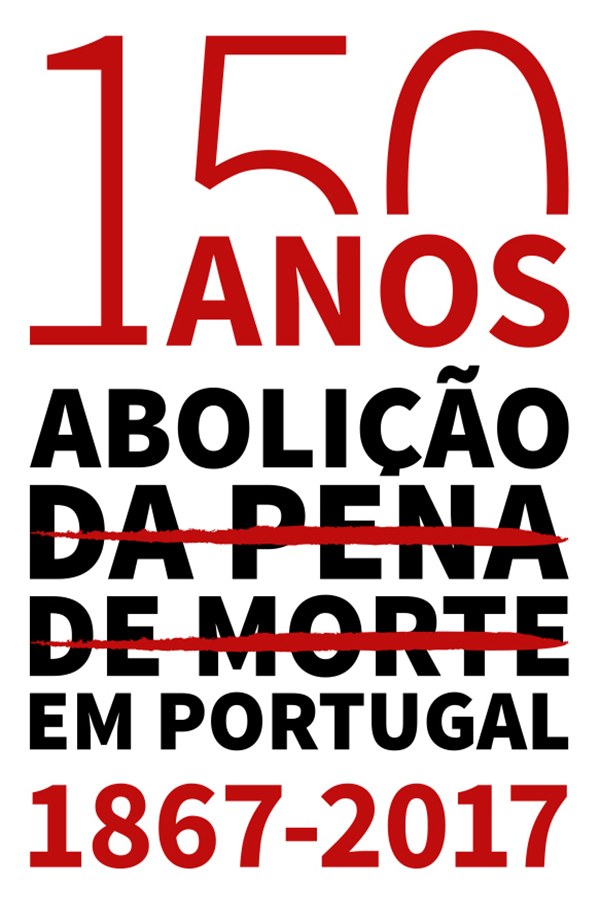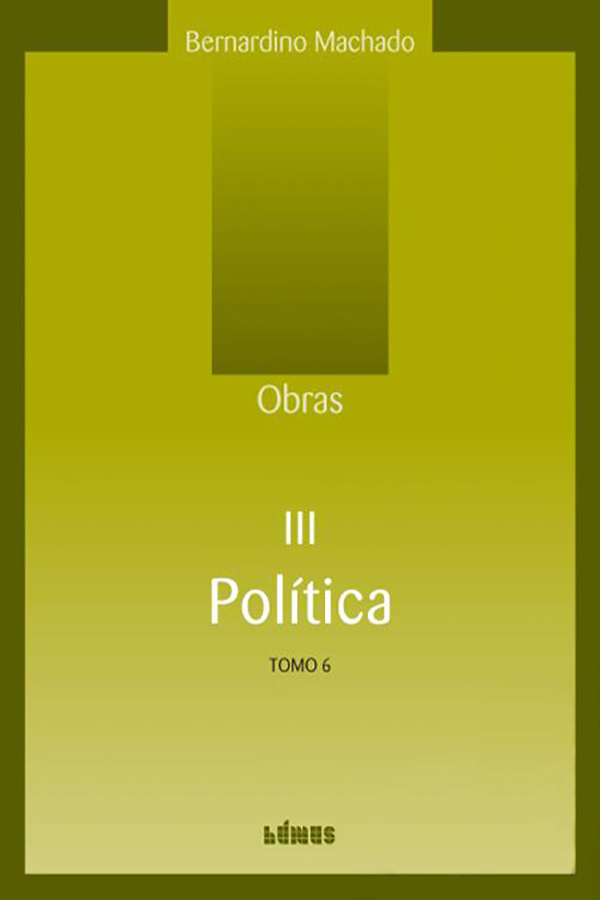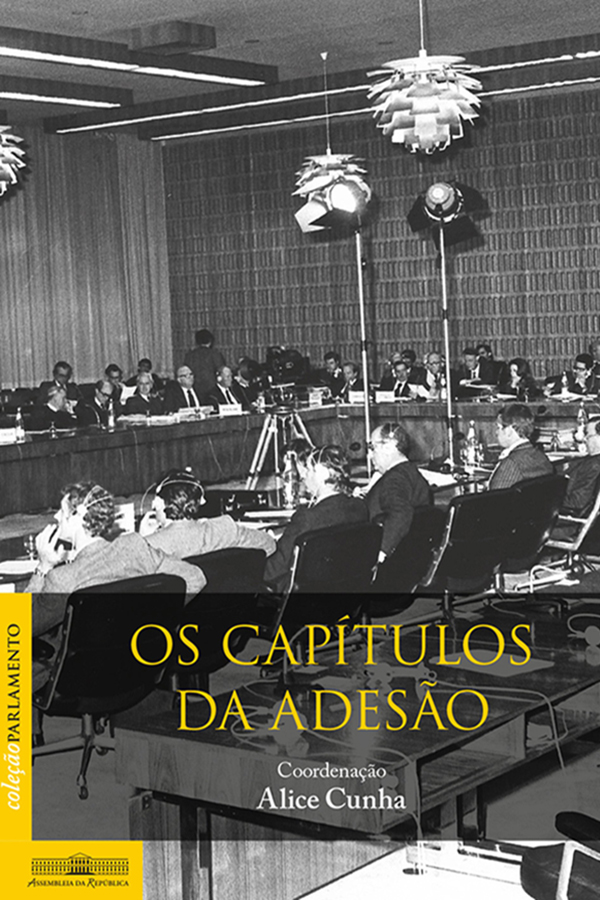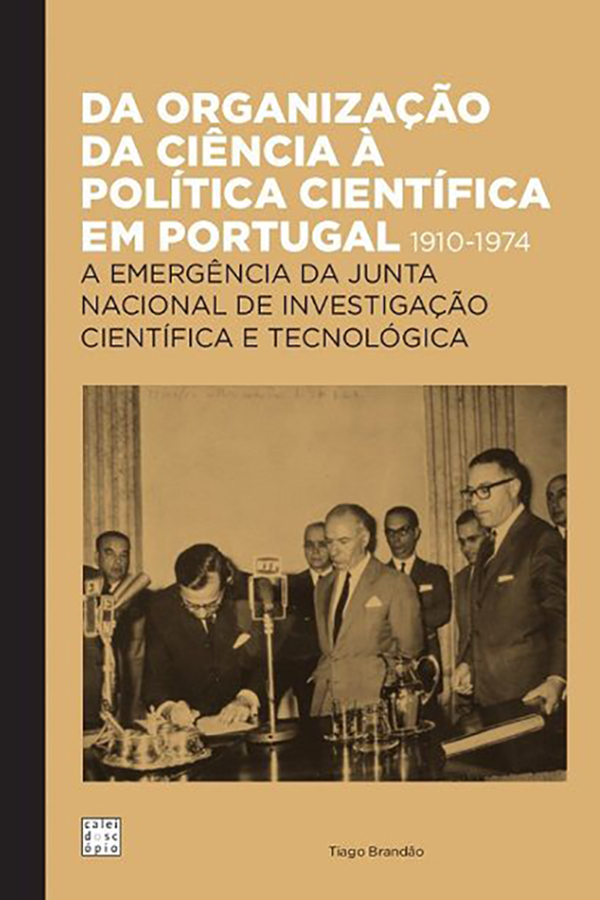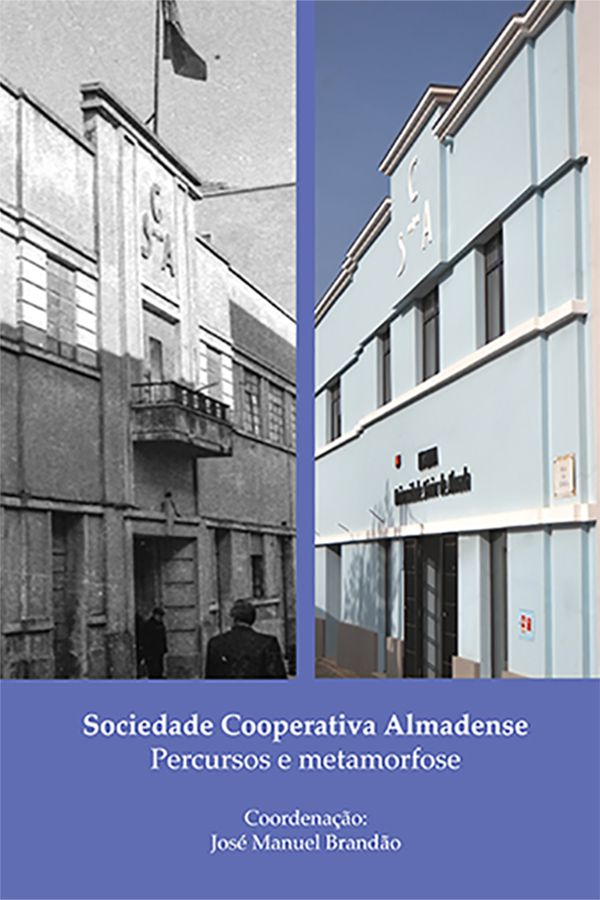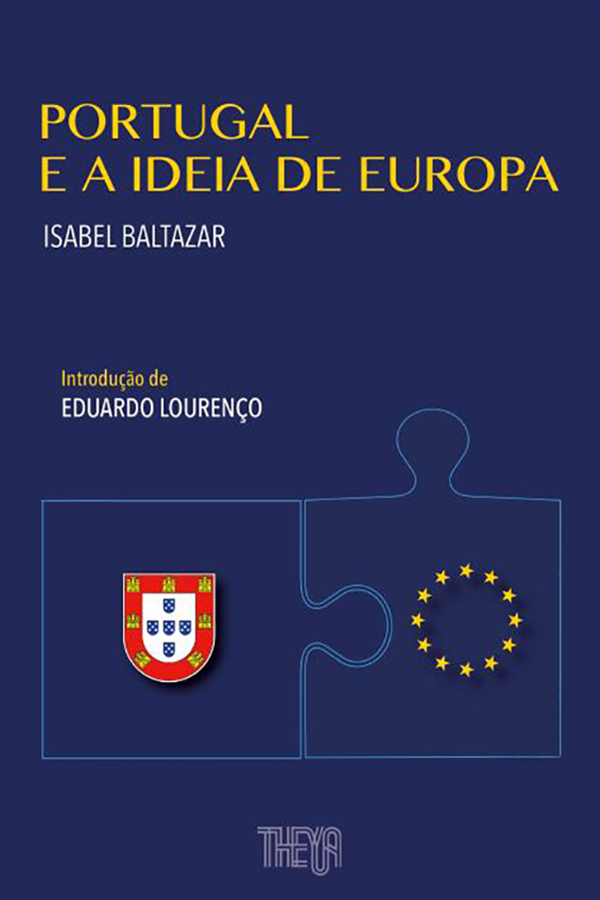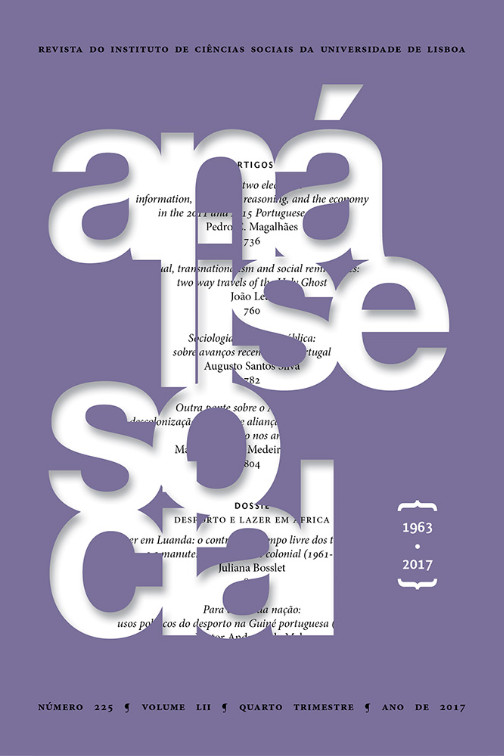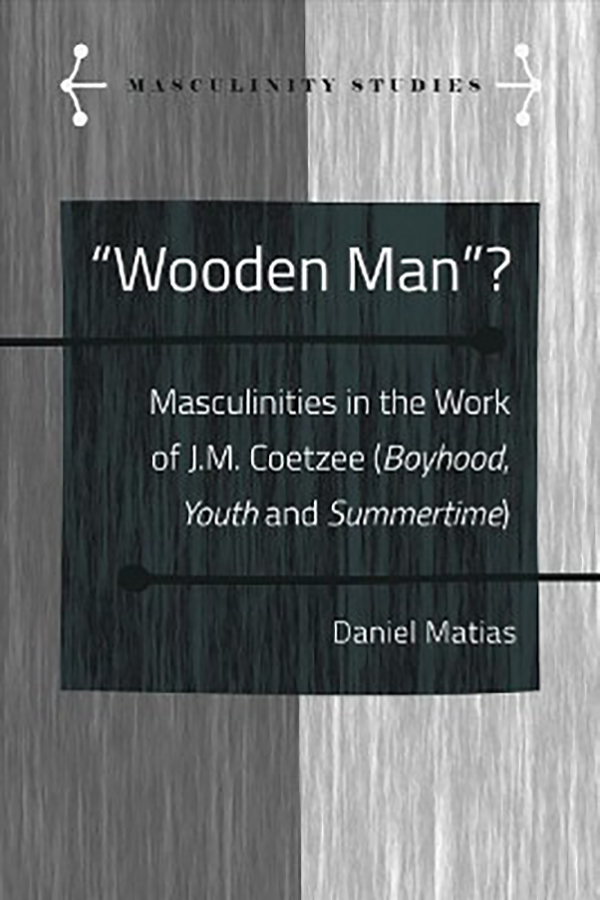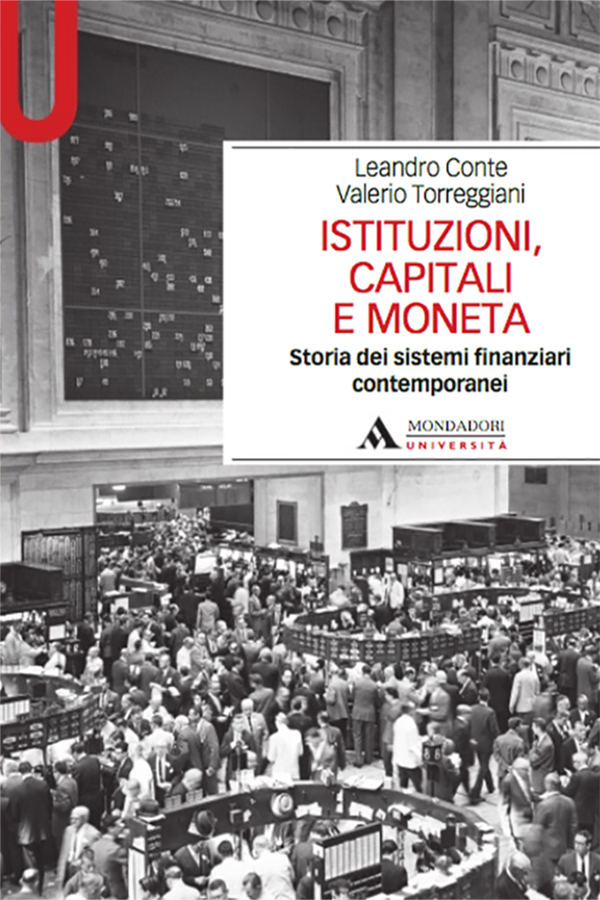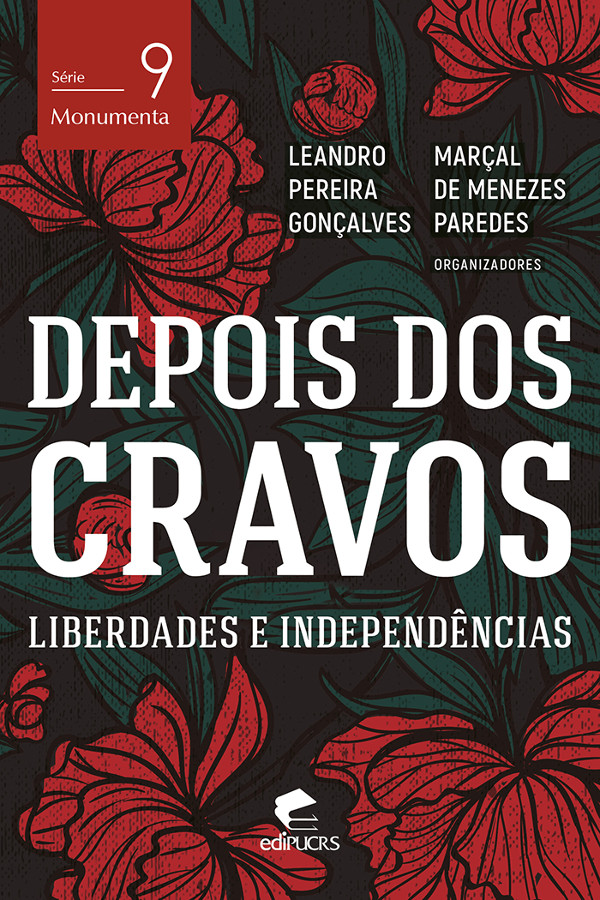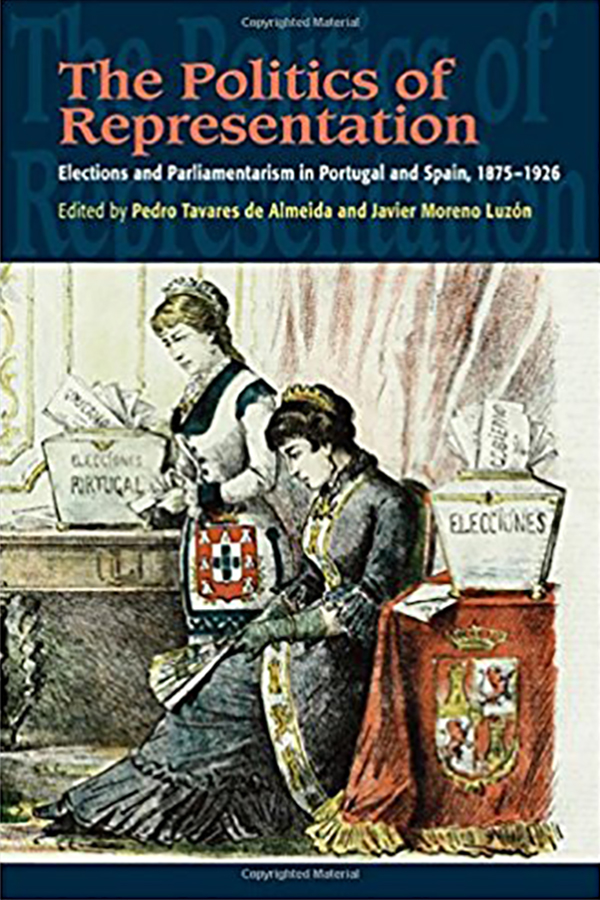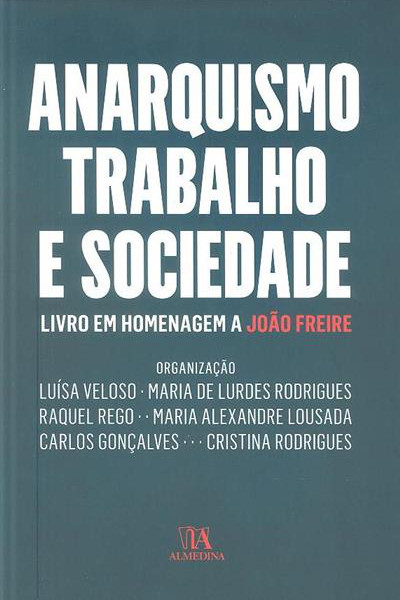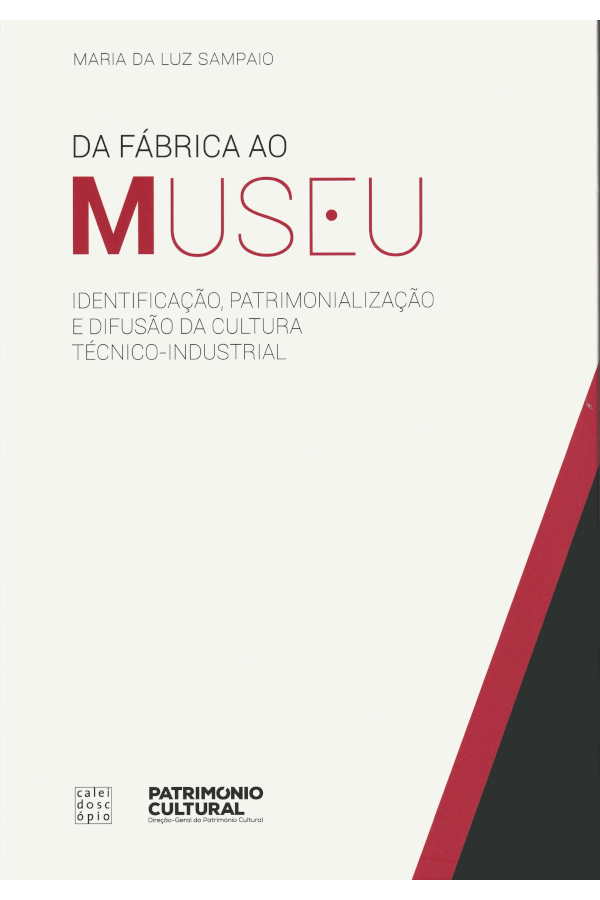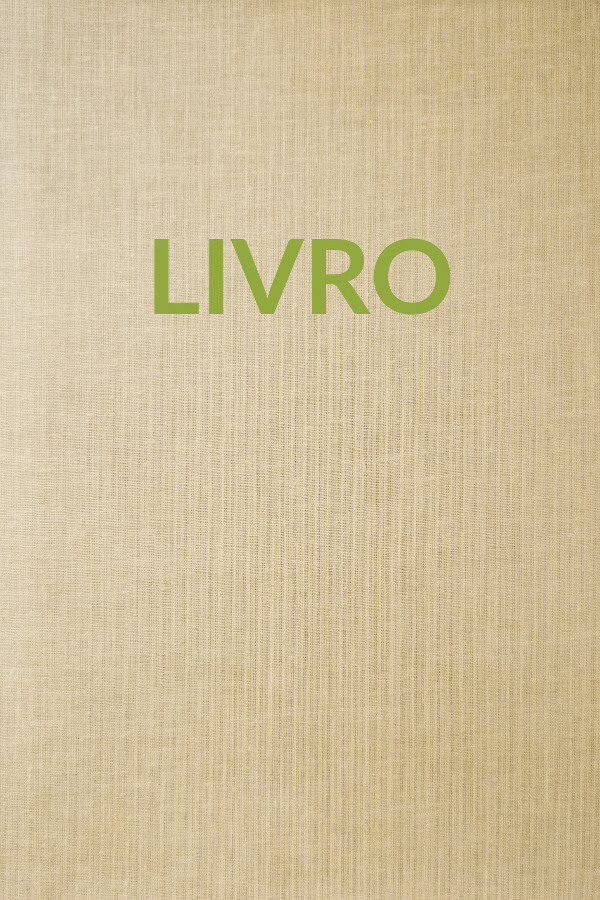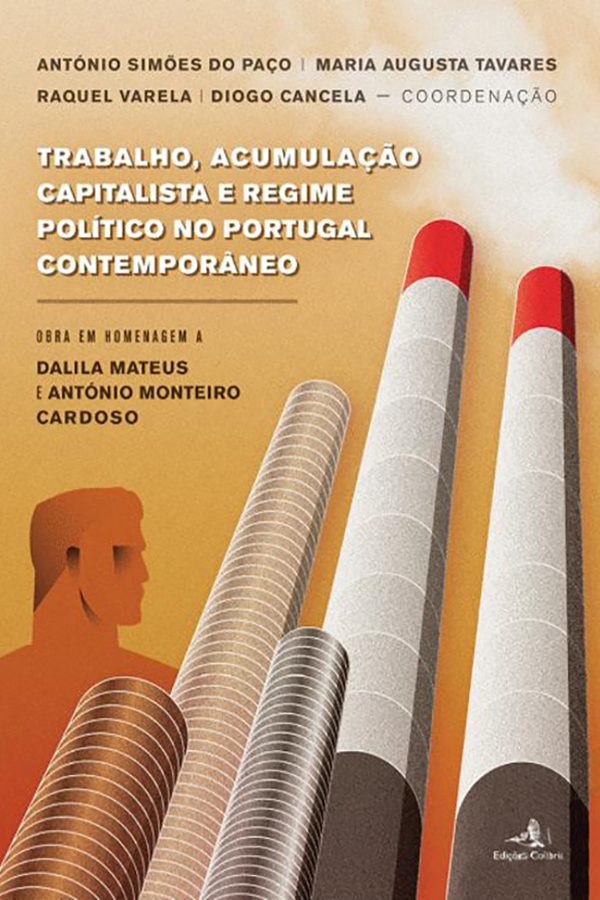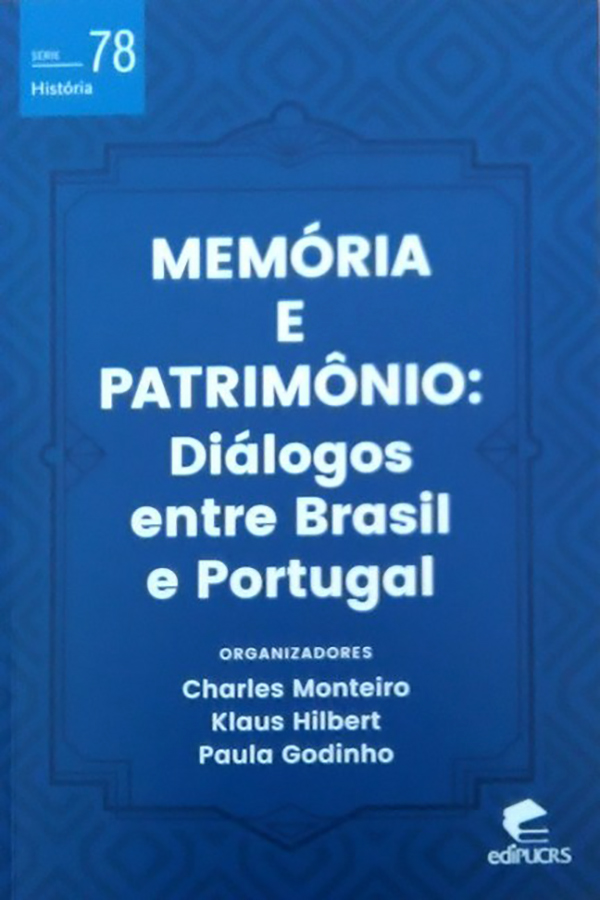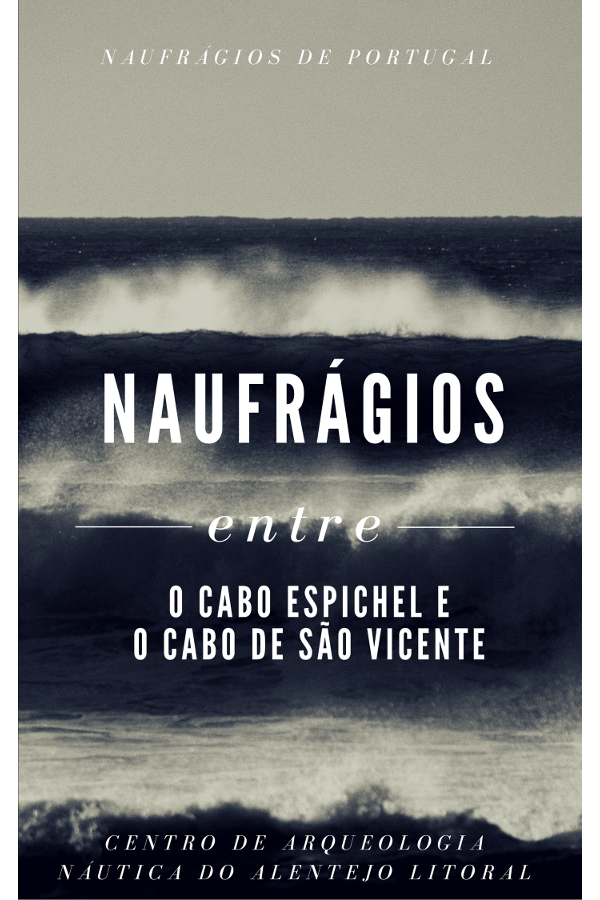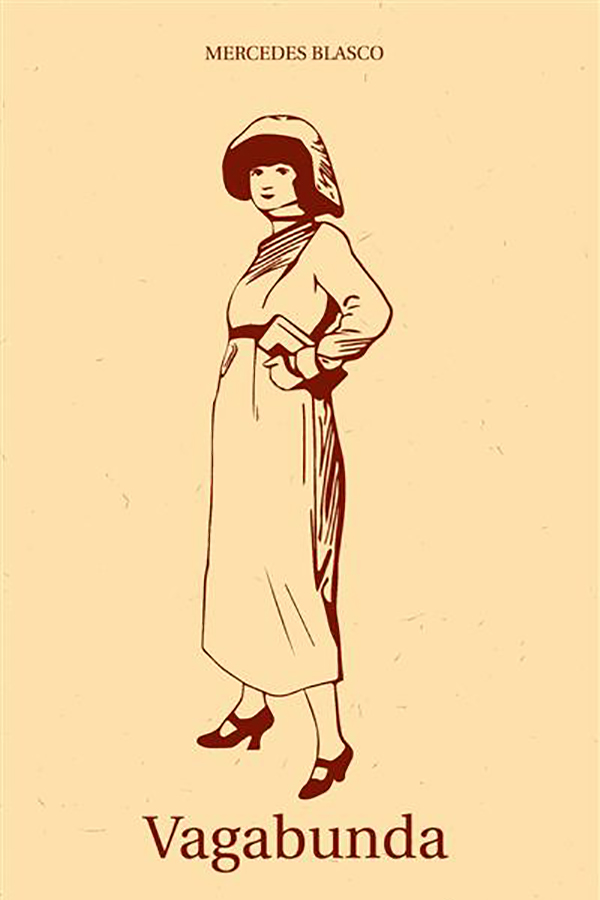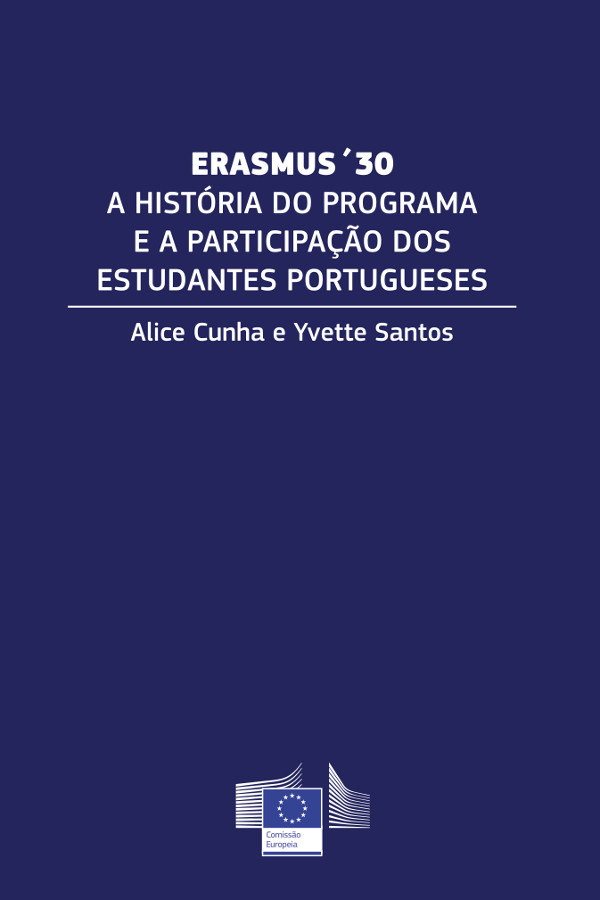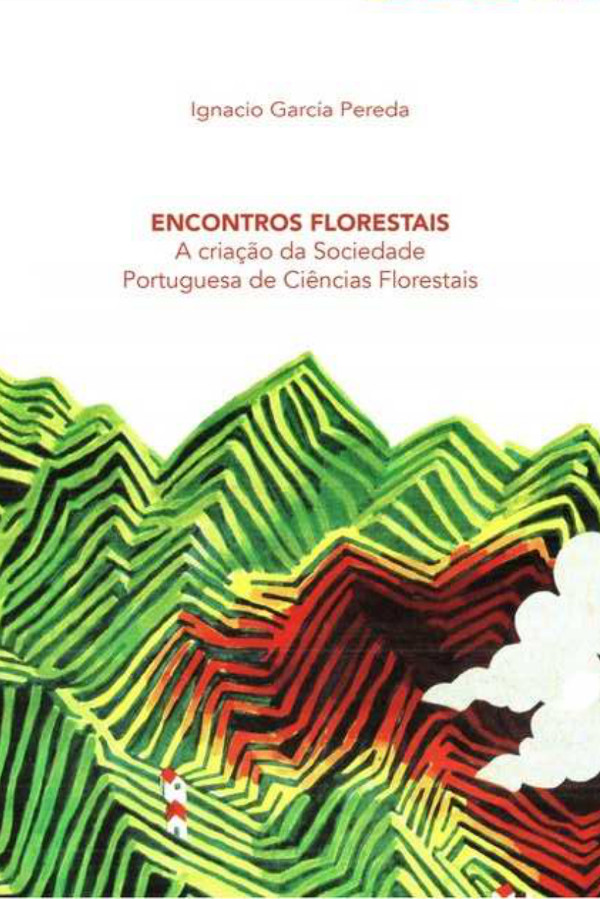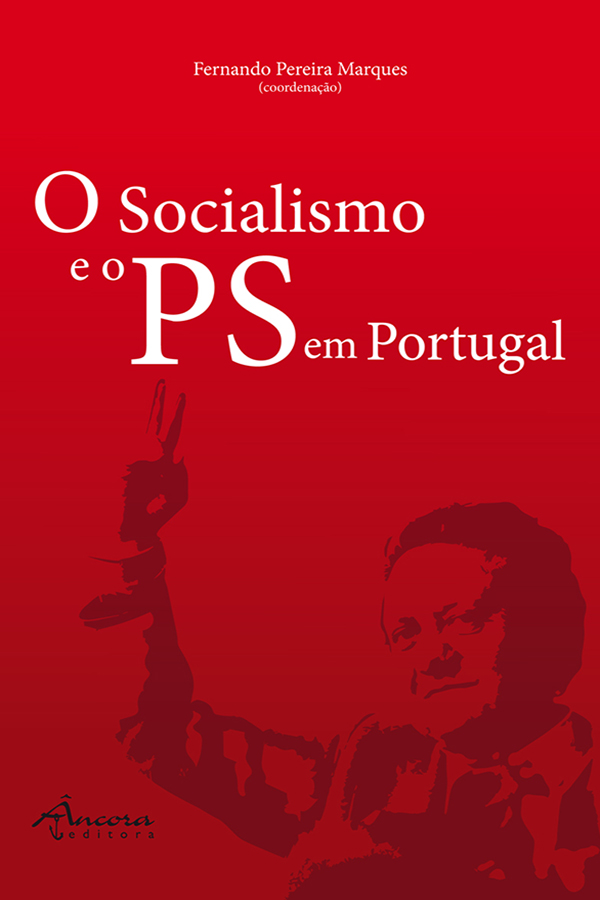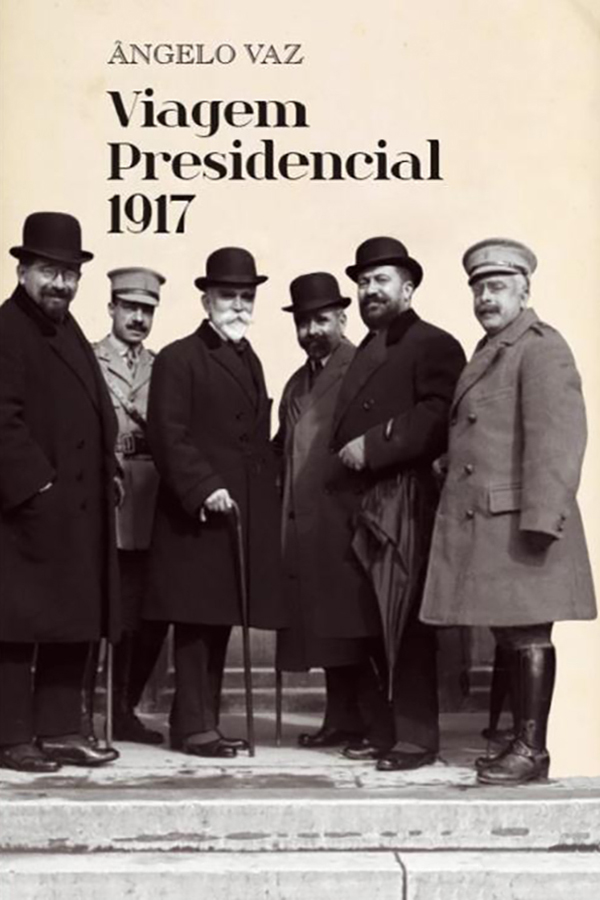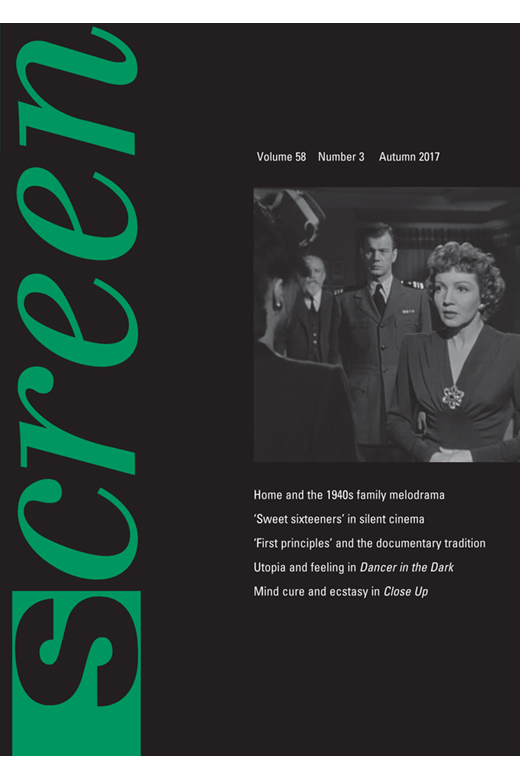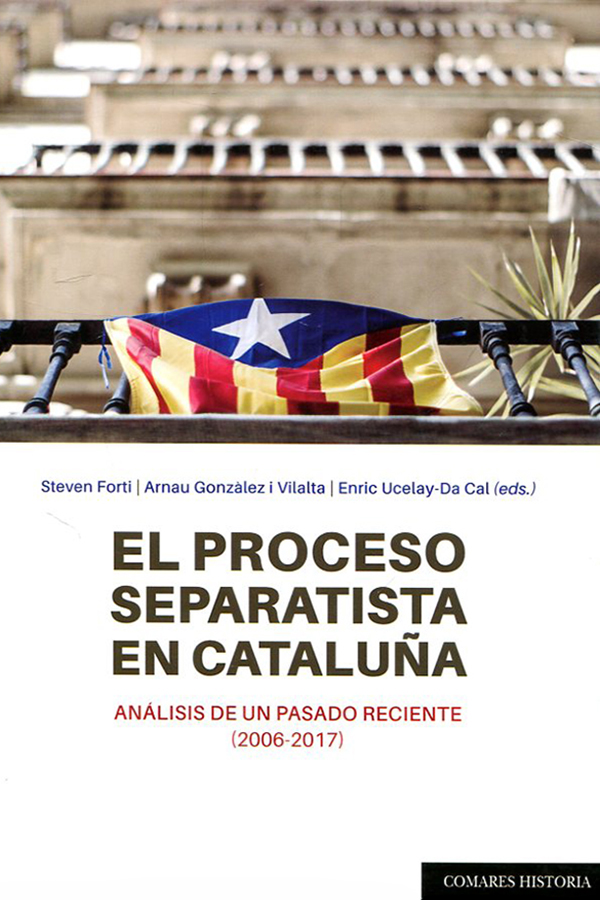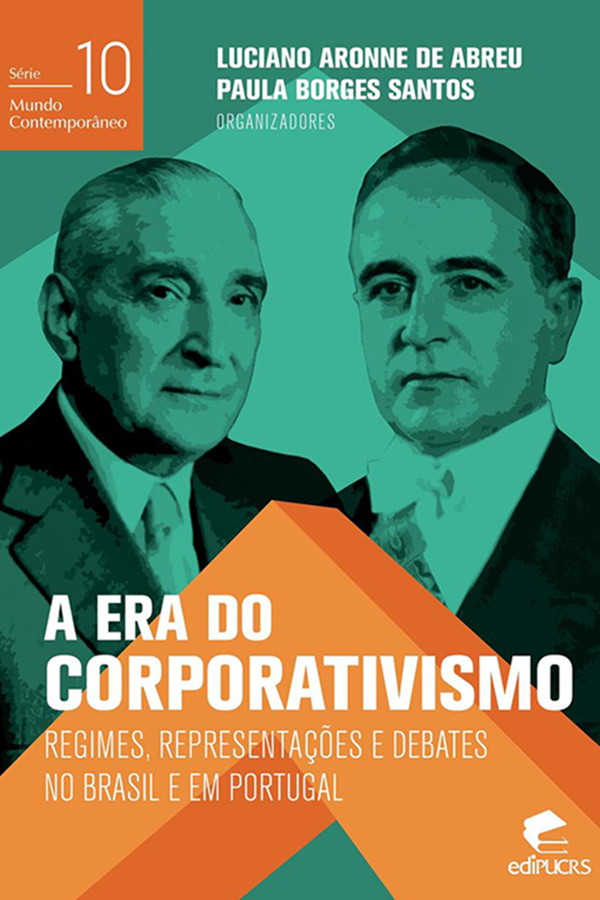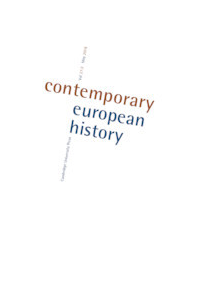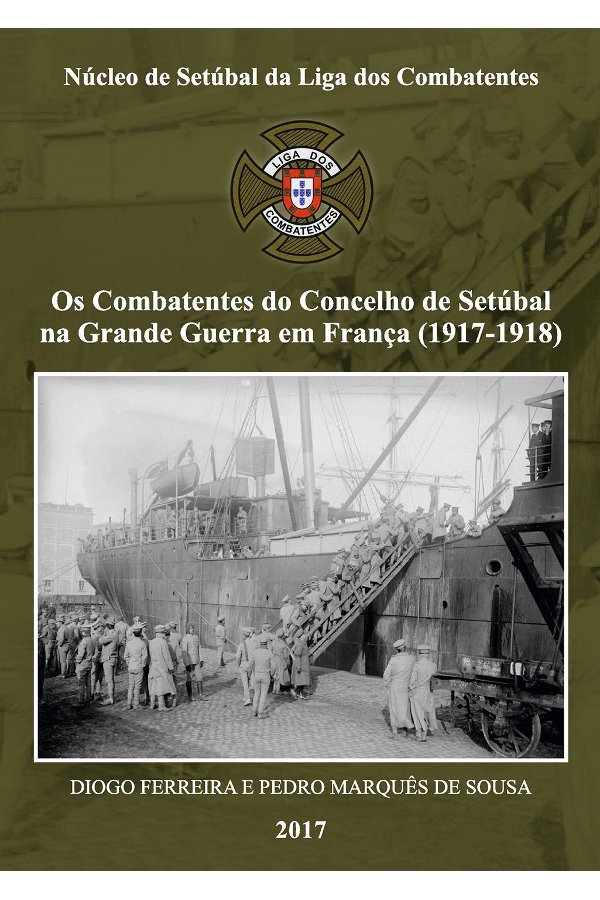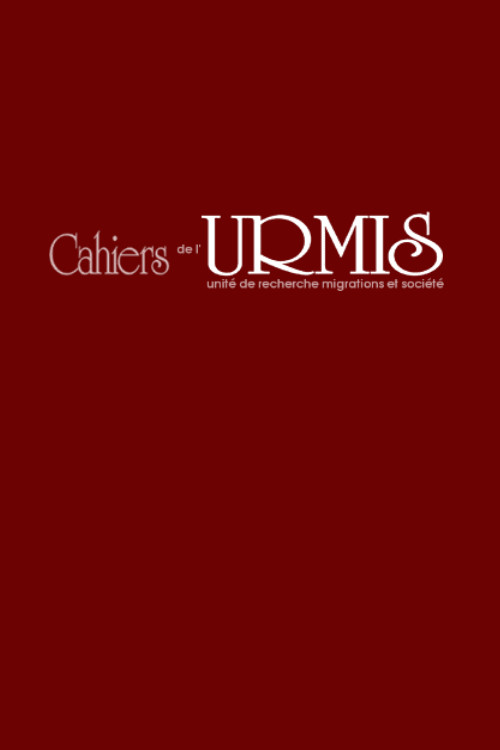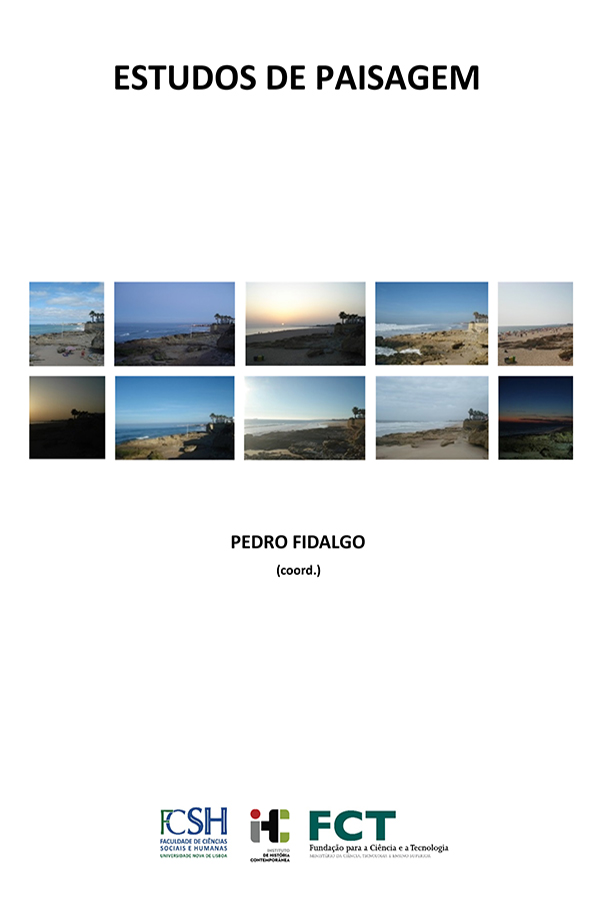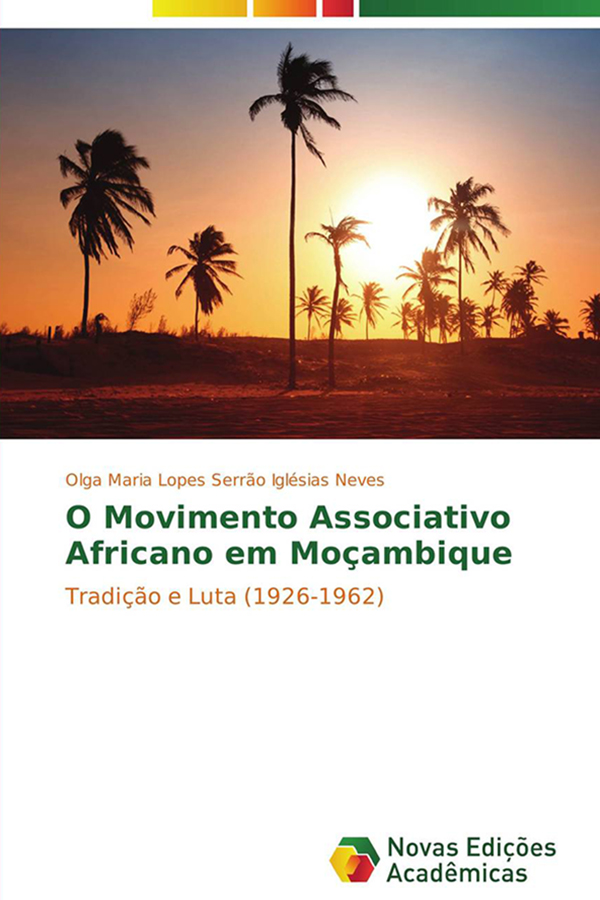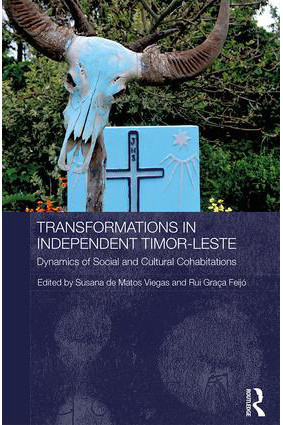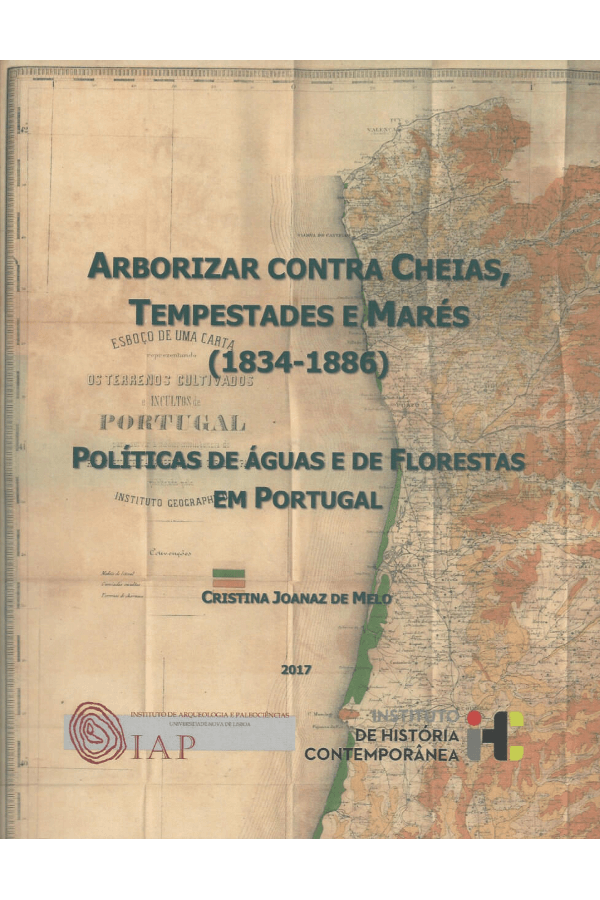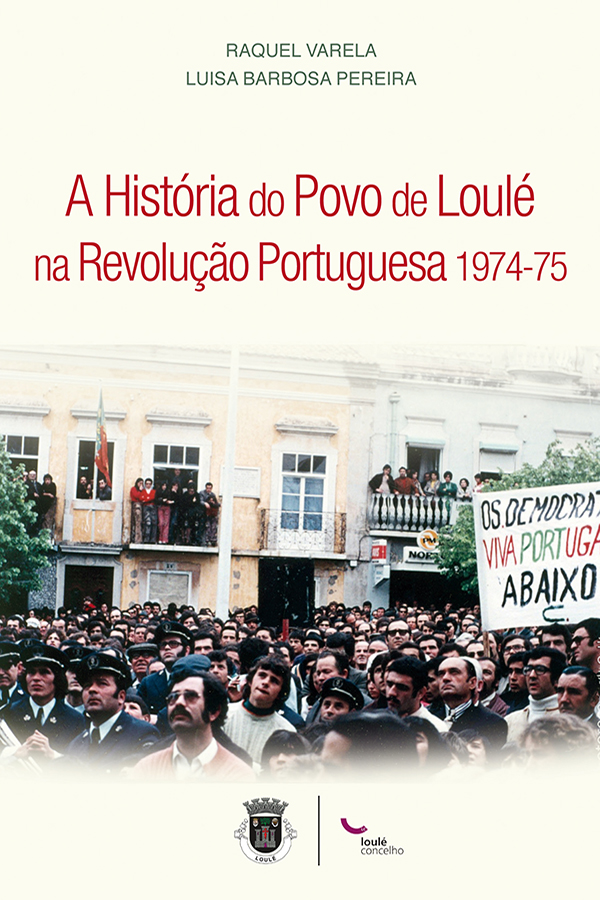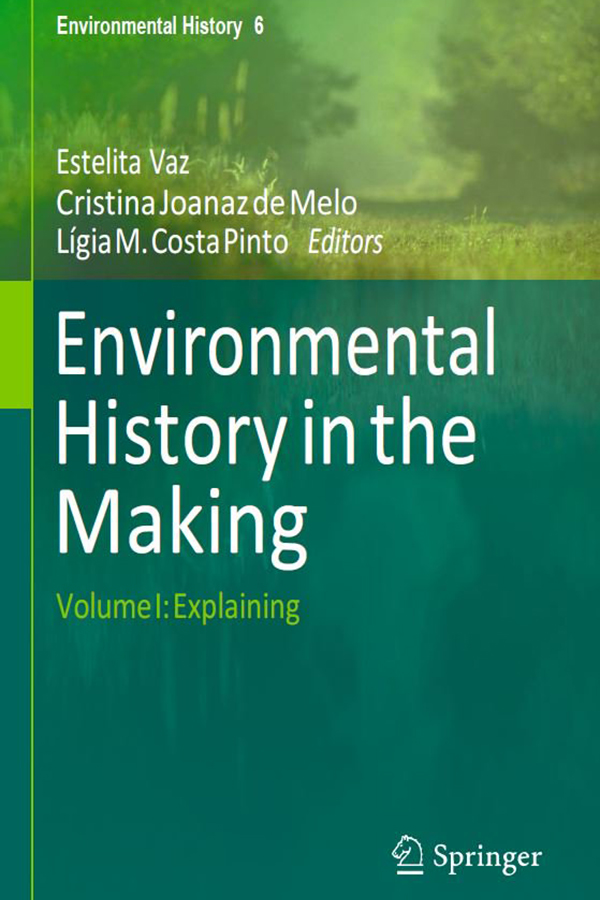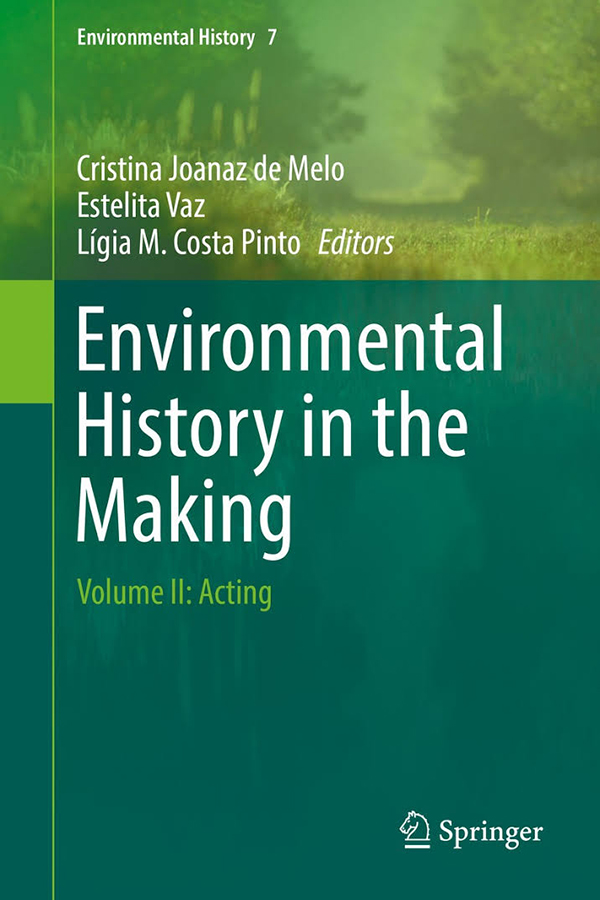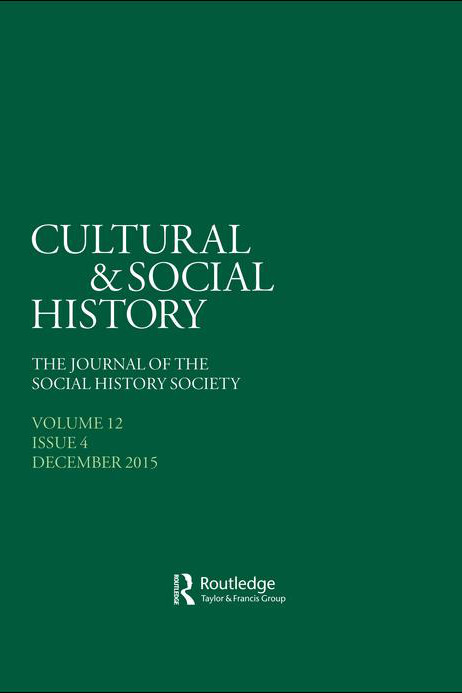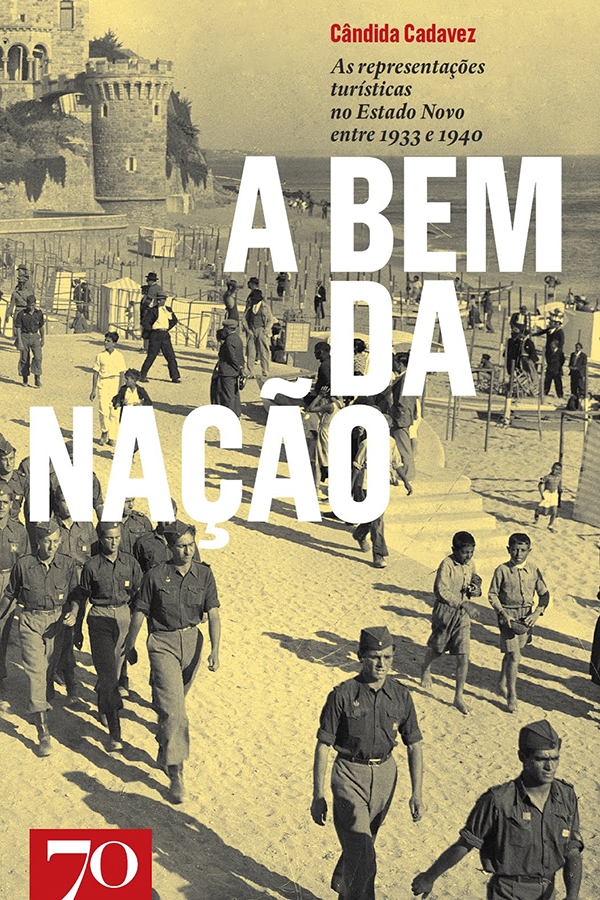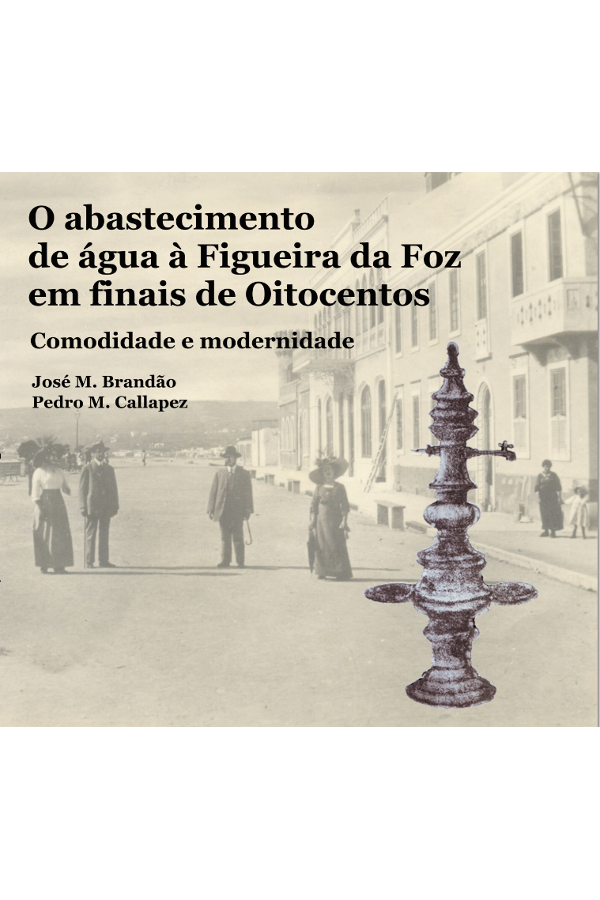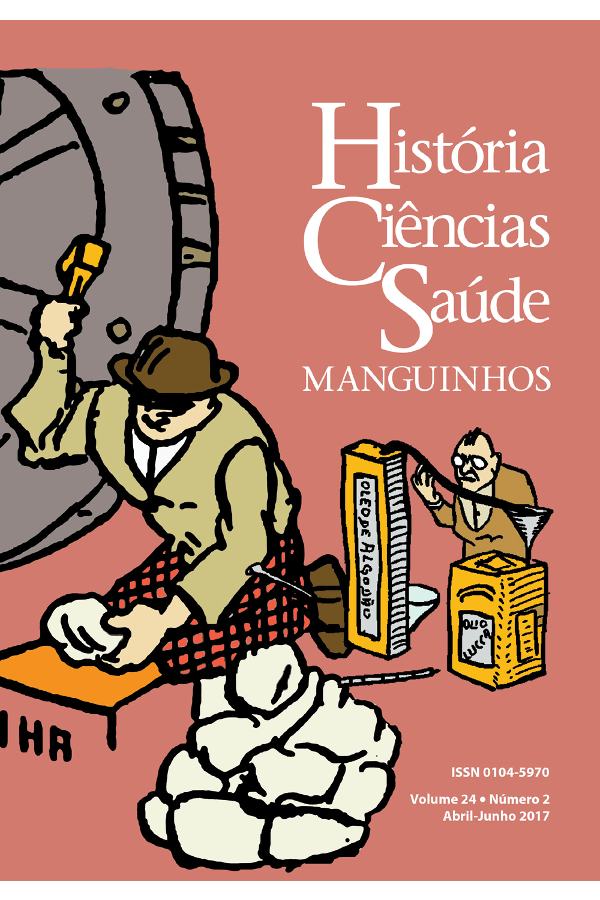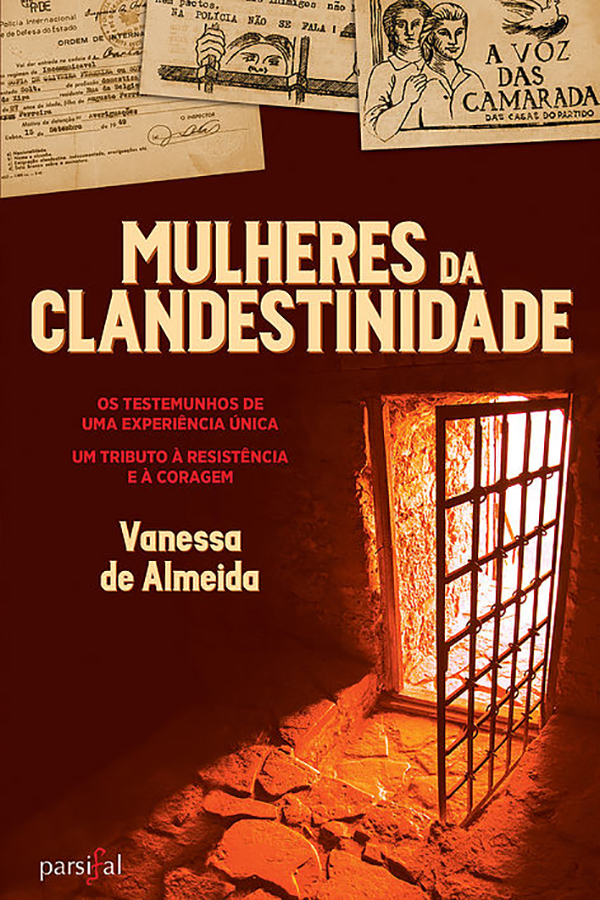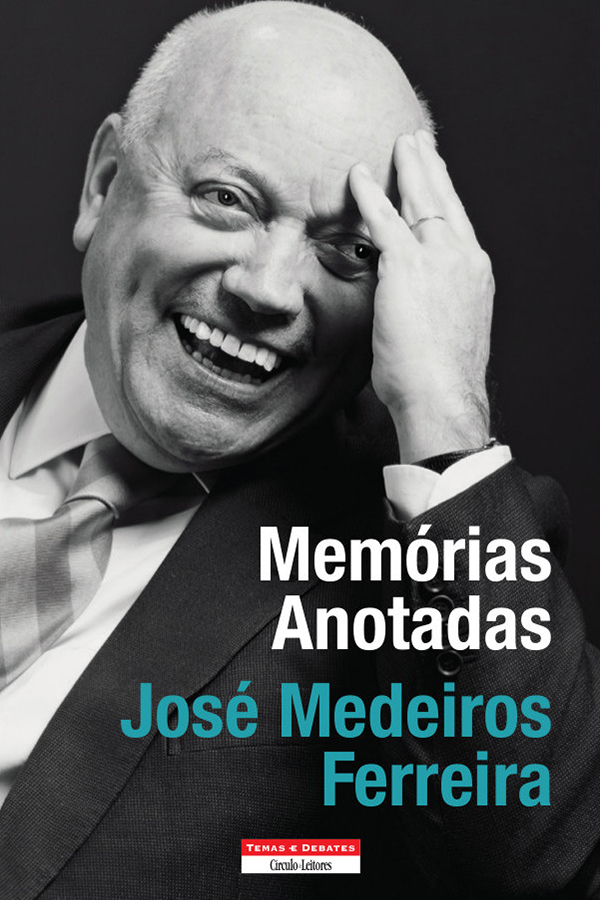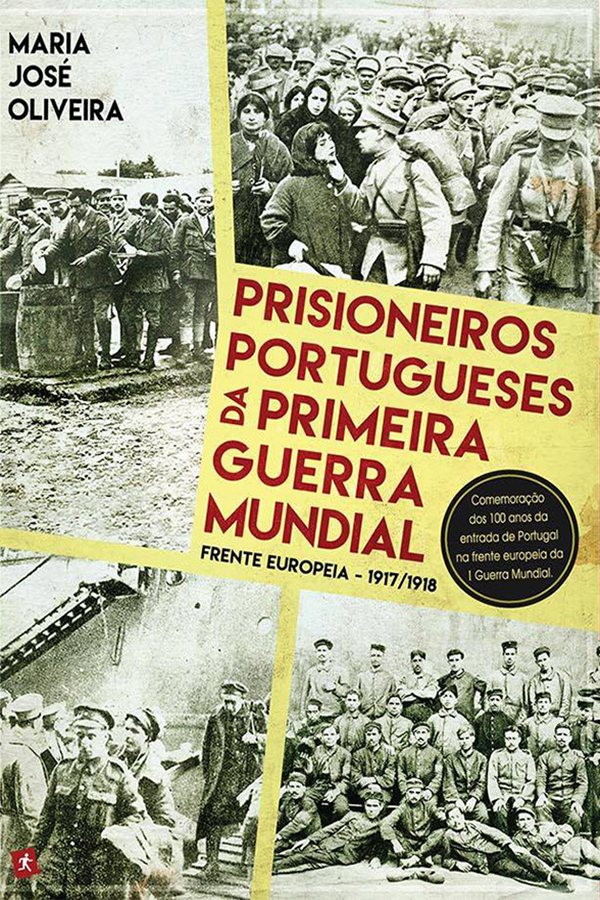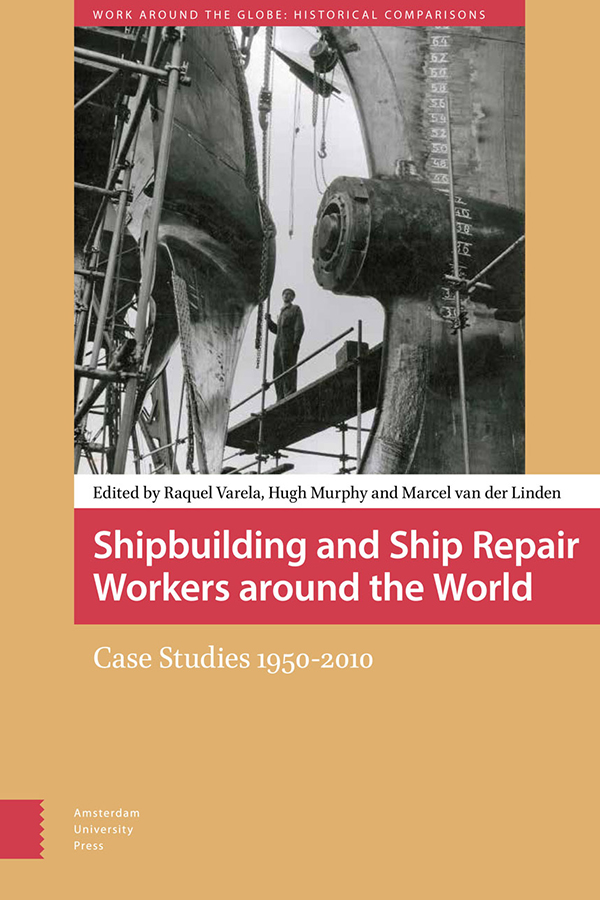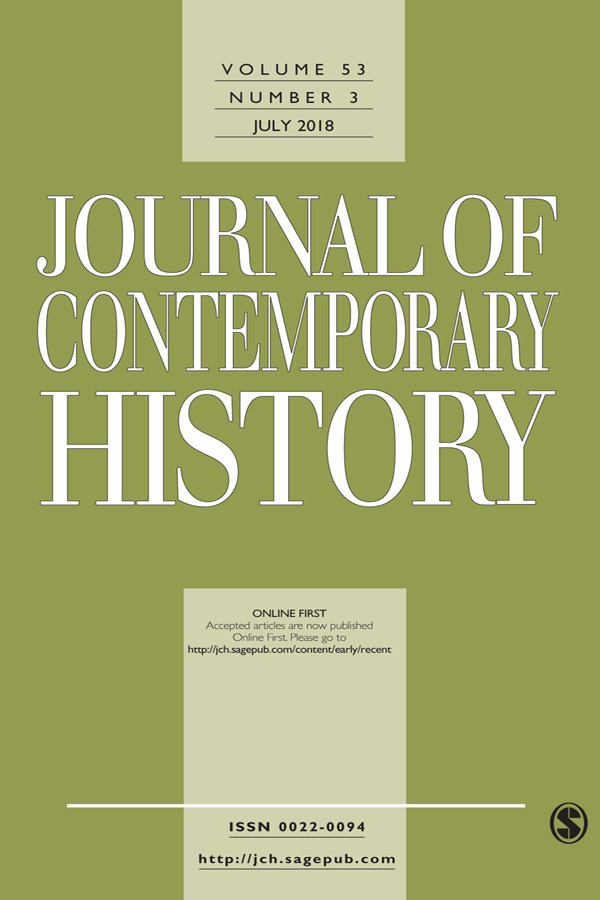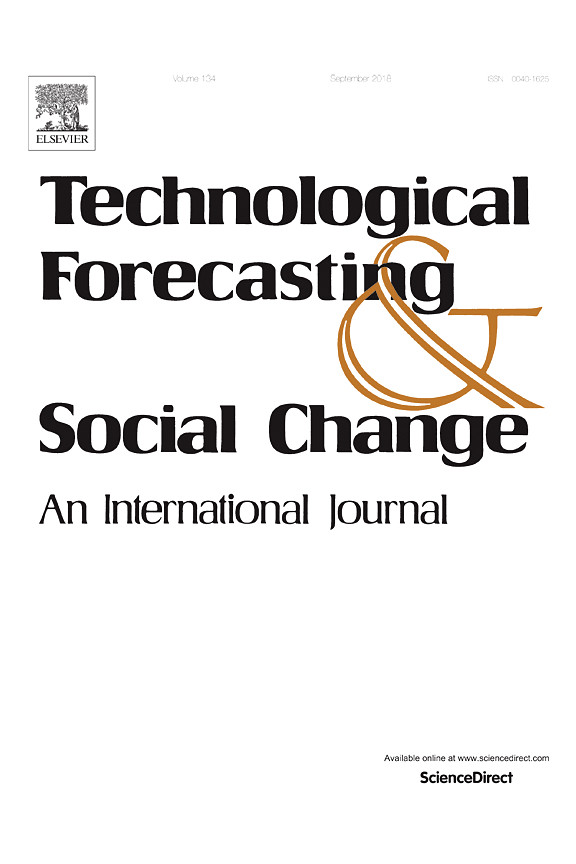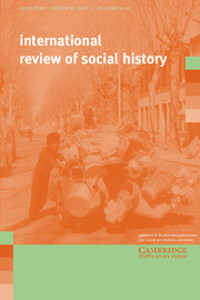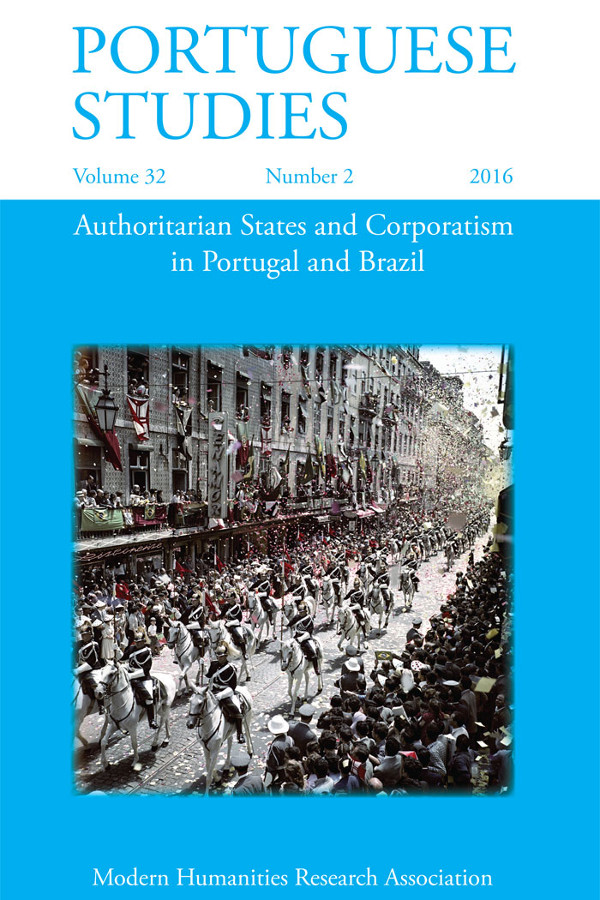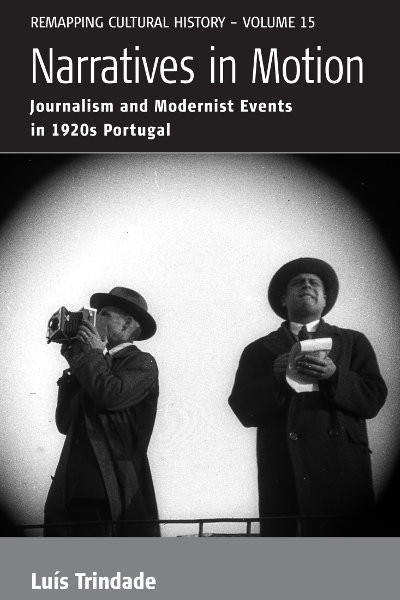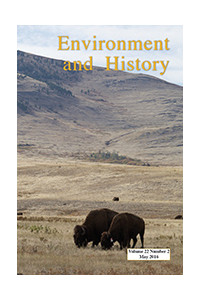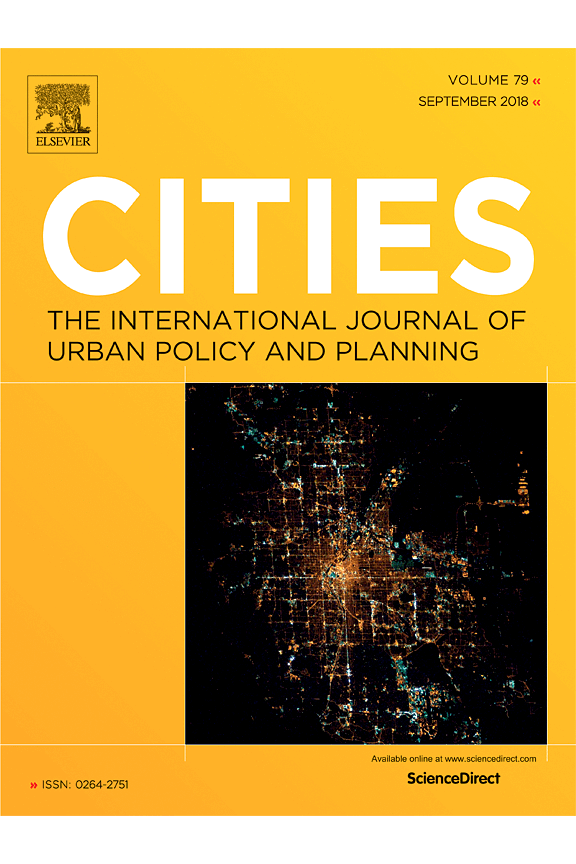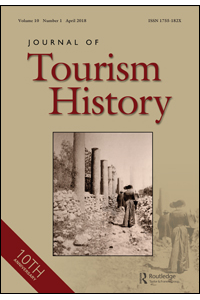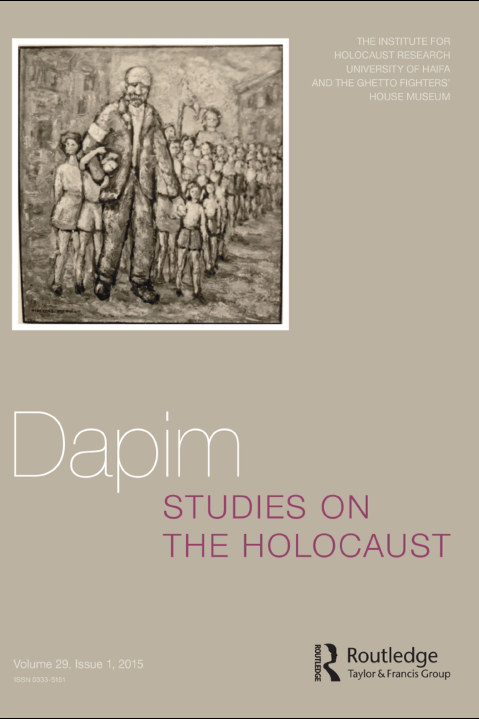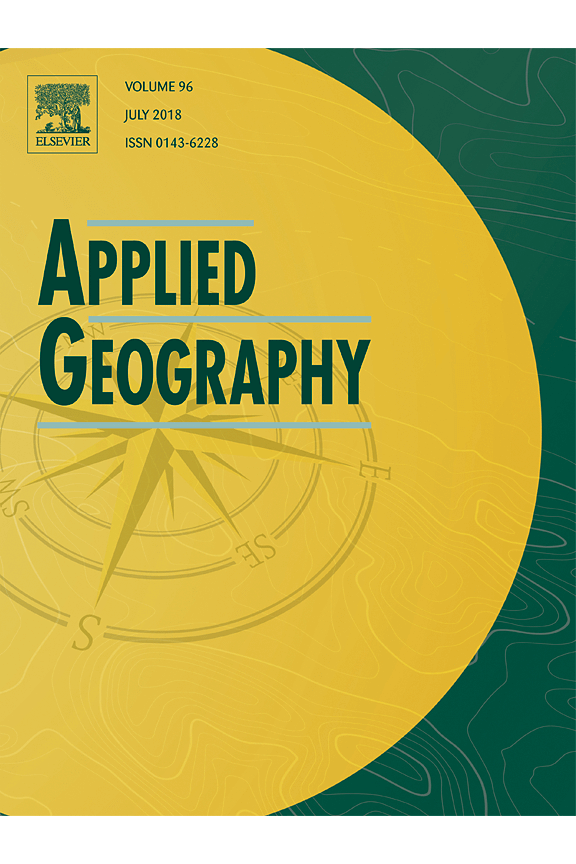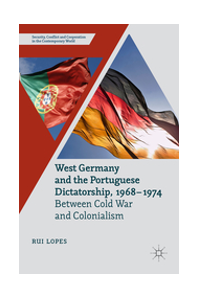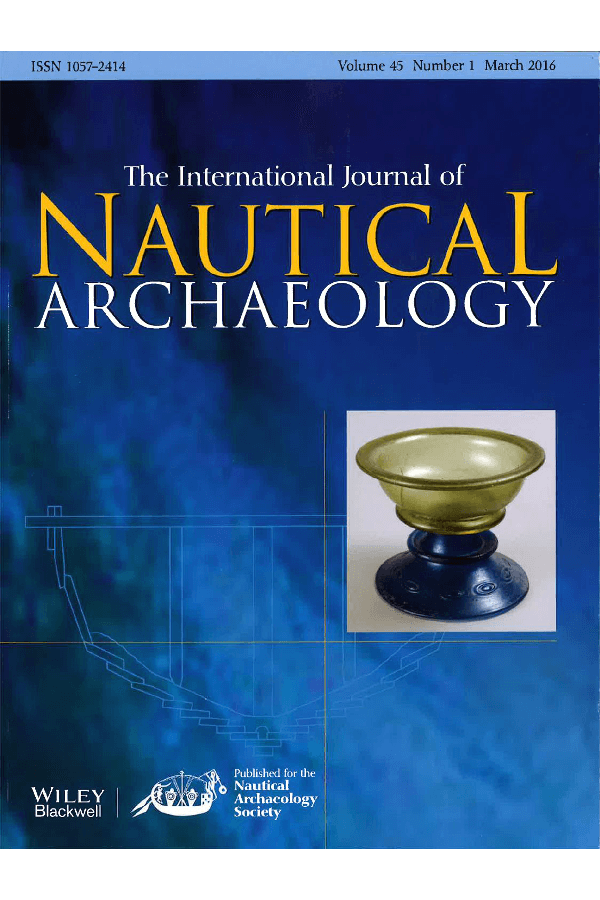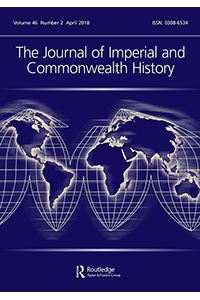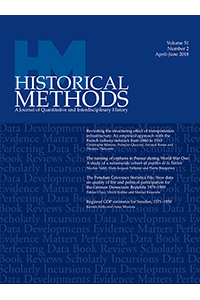
Two seismological approaches to the Benavente earthquake
Out 24, 2019 | Capítulos, Publicações

Two seismological approaches to the Benavente earthquake (1909): from the network of citizens to the network of instruments
- Jorge Ferreira
- Web of Knowledge: A Look into the Past, Embracing the Future
- Sara Albuquerque, Teresa Ferreira, Maria de Fátima Nunes, Ana Cardoso de Matos e António Candeias (Eds.)
- 2019
- Évora / Faro: Universidade de Évora / Sílabas & Desafios
- Idioma: Inglês
- ISBN: 978-989-8842-41-1
- 100-104
The 23rd April 1909 earthquake (Benavente Earthquake – BE), with catastrophic effects in Ribatejo, including Benavente, relatively close to Lisbon, was the subject of two coeval studies according to different approaches that in the conceptual framework of tectonics can be considered pioneers in the Portuguese seismology: the official one, according to dedicated questionnaires and based on a network of human observers, and the one of private initiative, according to the only seismogram registered in the Portuguese continental territory (Coimbra), but limited by the absence of a (reclaimed) network of instruments. These two studies are described with attention to the protagonists, the contexts and the contributions to the Portuguese seismology, and despite the different approaches, both claim for more instruments and the setting of a desired and necessary national network of seismic stations.
Sobre o livro:
The International Multidisciplinary Congress – Web of Knowledge: A look into the Past, embracing the Future was held by IHC-CEHFCi, HERCULES Laboratory and CIDEHUS, University of Évora and took place in Évora, Portugal, from 17 to 19 May 2018.1 The Congress brought together researchers and scientists from different backgrounds intersecting the Exact Sciences with the Social Sciences revealing the visible and invisible networks. By fostering the exchange of knowledge and experiences in the study of the past, the Congress laid the framework for the present day science on which to map the future Web of Knowledge. A high-quality scientific programme was prepared, joining together experts from different fields covering a wide range of topics from Social Sciences, Arts and Humanities to Science and Technology. As a result of the quality of the panels and debates, the Organizing Committee decided to publish a digital and open access volume with blind peer-reviewed papers. This volume publishes a total of thirty-five contributions which reflect the innovative and multidisciplinary research occurring at the moment in different fields of knowledge, promoting visibility and networks of knowledge.
Mais informações sobre o livro
Outras Publicações
Pesquisa
Agenda
fevereiro, 2026
Tipologia do Evento:
Todos
Todos
Apresentação
Ciclo
Colóquio
Conferência
Congresso
Curso
Debate
Encontro
Exposição
Inauguração
Jornadas
Lançamento
Mesa-redonda
Mostra
Open calls
Outros
Palestra
Roteiro
Seminário
Sessão de cinema
Simpósio
Workshop
- Event Name
seg
ter
qua
qui
sex
sab
dom
-
-
-
-
-
-
1
2
3
4
5
6
7
8
9
10
11
12
13
14
15
16
17
18
19
20
21
22
23
24
25
26
27
28
Não Existem Eventos
Notícias
VINCULUM — Um fim e um novo começo
Fev 24, 2026
A FCSH acolheu a a sessão de encerramento do projecto VINCULUM
Em Março, Lisboa é a Capital da Intriga Internacional
Fev 21, 2026
Entre 2 e 31 de Março, na Cinemateca Portuguesa
Anita Buhin está em missão de investigação em Itália
Fev 20, 2026
É Investigadora Visitante no CAST da Universidade de Bolonha
































